CEE | Center for Experimental Ethnography
Menu
|
On Thursday, January 20 2022 we convened a lively conversation with Wazhmah Osman, Assistant Professor at Temple University, and Ra'anan Alexandrowicz, Director, Screenwriter, and Editor about their film projects, including Osman's "Postcards from Tora Bora" and "Smokescreen", and Alexandrowicz latest piece, "The Viewing Booth". DR. WAZHMAH OSMAN Wazhmah Osman is an Afghan-American academic and filmmaker. She is an assistant professor in Media Studies and Production at Temple University. In her book Television and the AfghanCulture Wars: Brought to You by Foreigners, Warlords, and Activists (University of Illinois Press, Fall 2020), she analyzes the impact of international funding and cross-border media flows on the national politics of Afghanistan, the region, and beyond. Her research and teaching are rooted in feminist media ethnographies that focus on the political economy of global media industries and the regimes of representation and visual culture they produce. In her recent work she extends these critical inquiries to the politics of representation and visual culture of "The War On Terror" including gender/sexuality discourses and how they reverberate globally and locally. Osman endeavors to intervene on these subjects beyond academia. She has appeared as a commentator on Democracy Now, WNYC, NPR, and Al Jazeera and works with community and activist groups. She has worked in television and film production for major American and international media institutions and as an independent journalist and filmmaker. Her critically acclaimed documentary films have screened in diverse venues, ranging from human rights organizations to national and international film festivals. RA'ANAN ALEXANDROWICZ Ra’anan Alexandrowicz is a director, screenwriter and editor. He is known for the documentary The Law in These Parts (2011), which received the Grand Jury Award at the Sundance Film Festival, a Peabody award, and numerous other prizes. His earlier documentaries, The Inner Tour (2001) and Martin (1999), were shown in the Berlin Film Festival’s Forum section and MoMA’s New Directors / New Films series. Alexandrowicz’s single fiction feature, James’ Journey to Jerusalem (2003), premiered in Cannes Directors’ Fortnight and at the Toronto International Film Festival and received several international awards. Alexandrowicz’s films have been released theatrically in the United States and Europe, and broadcast by PBS, ARTE, the BBC, as well as other television channels. Ra’anan served several times as an editing advisor for the Sundance Documentary Fund and his film The Viewing Booth is supported by the Sundance Art of Nonfiction initiative. Projects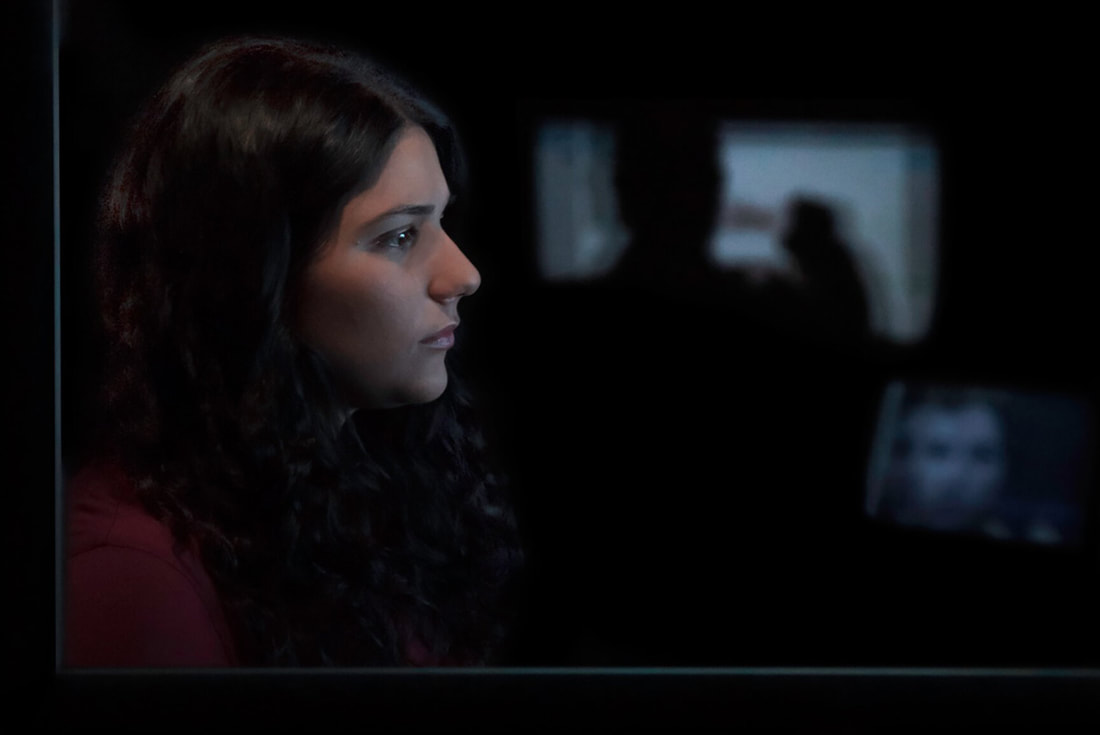 The Viewing Booth Minimalist in approach yet far-reaching in its application and consequence, The Viewing Booth forms a one-of-a-kind cinematic testimony to the psychology of the viewer in the digital era. Recounting a unique encounter between filmmaker and a viewer the film is an exploration of the way meaning is attributed to non-fiction images in today’s day and age. In a lab-like location, Maia Levy, a young Jewish American woman, watches videos portraying life in the occupied West Bank. Maia is an enthusiastic supporter of Israel, and the images in the videos, depicting Palestinian life under Israeli military rule, contradict some of her deep-seated beliefs. Empathy, anger, embarrassment, innate biases, and healthy curiosity — all play out before our eyes as we watch her watch the images of military occupation. Six months later, Levy returns to watch more footage. This time, Maia views edited footage of herself while she was watching the images of the occupation. What is revealed in the process is multi-layered, puzzling, insightful and extends beyond the Israeli-Palestinian conflict. Maia’s candid and reflective analysis of her previous commentary gives the viewer a staggering demonstration of the idea that seeing is not always believing. Postcards from Tora Bora "Postcards from Tora Bora is a feature length documentary that follows Osman when she returns home to Afghanistan to piece together the life that was torn apart by the 1979 Soviet invasion. At the height of the Cold War, the Osman family frantically escaped from Afghanistan while leaving almost everything behind. In the ensuing chaos, their suitcase filled with family photos is stolen. Now, after two decades in America, Wazhmah Osman, a young Afghan-American woman, returns to her childhood home. Armed only with rapidly fading memories, she recruits some unlikely and reluctant guides to put together the pieces of her past. On an alternately sad and humorous quest, she encounters confused cabbies, the enthusiastic former minister of the tourism bureau, a museum director who archives land mines and a group of angry street vendors. As Wazhmah desperately searches for any tangible evidence of her former life, the journey leads her to many unexpected places. Amidst the rubble and destruction, she finds her estranged father, who in the aftermath of war chose his country over his family. On the road, Wazhmah frequently finds herself at a strange intersection where cultures clash, identities are mistaken and the past violently collides with the present. " from Al Jazeera 5 April 2008
0 Comments
The Fellows Year-End Event "Mexican Psychotic ", is an experimental film led by Ricardo Bracho, followed by a panel discussion scholars and artists on Ramírez’s work and contemporary issues of incarceration, mental health, and artistry. This panel discussion included Ricardo Bracho in conversation with editor and animator Oludare Marcelle, editor Emily Dunlop, Toorjo Ghose (UPenn), James Yaya Hough (Artist , and Aaron Alarcon-Bowen.
Mexican Psychotic is an experimental video-in-progress on the life, art, and mythos of artist Martín Ramírez, who spent 30 years drawing beautiful works while incarcerated in California mental asylums. The film team includes Richardo Bracho as writer and director, Oludare Marcelle as lead editor/animator, Emily Dunlop as assistant editor, Nicholas Plante as assistant editor, and voiceover director. Dr. Toorjo Ghose is an Associate Professor at the University of Pennsylvania School of Social Policy & Practice whose work focuses on structural interventions in the areas of incarceration, substance use, homelessness, and HIV, both at the domestic and international levels. Dr. Jennifer S. Ponce de León is an interdisciplinary scholar and Associate Professor of English at the University of Pennsylvania, whose research focuses on cultural production and antisystemic movements in the Americas since the 1960s and critical theory. James "Yaya" Hough is the inaugural artist in residence for the district attorney’s office of Philadelphia. Aaron Alarcon-Bowen is the Executive Director of the Community Services Bureau in Concord, California. Dec 6th at 5 pm.Our CEE Fellow Year-End Event "Affect Theatre" included a presentation followed by scenes written and performed by graduate students in the Affect Theatre class, and lead by Cristiana Giordano and Greg Pierotti
How does an ethnographer remain affected by worlds encountered after leaving the field of research? How does a theater maker build theatrical worlds from empirical research that conveys not only story, but also affective experiences? Affect Theatre is a thinking and acting space for experimenting with these questions. During this lecture presentations students will present brief theatrical episodes which they will then explore and analyze with spectators in a group feedback process. CEE Fellows Cristiana Giordano and Greg Pierotti will give a talk laying out the practices and the theory underlying their collaborative experiment and methodology. ABOUT THIS EVENT The Center for Experimental Ethnography, WXPN, and Dr. Camee Maddox-Wingfield held a panel on Haitian Vodou inspirations and the roots of musical responses to social injustice, featuring Haitian and Haitian American artists Manzè Beaubrun (Boukman Eksperyans), Malou Beauvoir (Malou Beauvoir), and Richard Morse (RAM and IMAMOU). The event was in English with simultaneous translation in Haitian Creole. Register now. LISTEN BEFORE THE EVENT In order for you to get the most out of the conversation, we suggest you listen to some amazing grooves by the artists who will be joining us on Dec 7! Scroll to the end of the post to find out more. Mimerose ‘Manzè’ Beaubrun Photo Above: Mimerose Beaubrun, courtesy of the artist Mimerose ‘Manzè’ Beaubrun is the lead singer and co-founder (with Lolo Beaubrun) of Boukman Eksperyans and the author of Nan Dòmi, récit d'une initiation vodou (2011), translated into English as Nan Dòmi: An Initiate’s Journey into Haitian Vodou (2013), as well as a manbo (Vodou priestess). She received her BA in Social and Cultural Anthropology from the Université d'État d'Haiti, and co-authored the 1998 book Livre ouvert sur le développement endogène d’Haïti, translated into English as Open Book on the Endogenous Development of Haiti. Boukman Eksperyans (English: Boukman Experience) is a Grammy-nominated mizik rasin band. The band derives its name from a a tribute to the Jamaican born enslaved leader Boukman Dutty who launched the Haitian revolution in August 1791, and the Haitian Creole word for "experience" (Eksperyans), inspired by the band's appreciation of the music of Jimi Hendrix. One of the most important musical movements that swept Haiti in the years following the exile of dictator Jean-Claude Duvalier, mizik rasin combines elements of traditional vodou ceremonial and folkloric music with rock and roll. When Mimerose and Lolo began to seek their musical goals, they felt a strong desire to incorporate African elements in Haiti's culture into their music, combining roots music with vodou religious and musical traditions. Since the beginning, starting with the first encounters made by the Beaubruns with deep African roots, Boukman Eksperyans has remained steadfastly linked to the Ginen ("Guinea") vodou line. The band calls it vodou adjae after a vodou ceremonial dance. This was also the title of their first album, released in 1991. Boukman Eksperyans first became famous in 1990 when they presented their song "Ke'm Pa Sote" at the Carnival celebration in Port-au-Prince with its infamous lyrics: "My heart doesn't leap, I'm not afraid". These words were a grounded protest of the living conditions under the post-Duvalier interim military government of General Prosper Avril. Following the death of a young girl (who was shot by a soldier), Ke'm Pa Sote became an out-and-out battle hymn admonishing the government. The band continued to write and perform rebellious songs that depicted the reality of Haiti as they saw it. At the height of their popularity in 1991, Boukman Eksperyans fled Haiti to live in exile when Jean Bertrand Aristide was overthrown in a military coup d'etat. During their time abroad, the band performed and spoke out against the military dictatorship of Raoul Cédras. In 1994, after Aristide was restored to power, the band returned to Haiti, where they continued to play concerts, record albums, and perform at the Carnival celebrations. MALOU BEAUVOIR Above: Photo of Malou Beauvoir by Johnny Rodriguez, courtesy of Malou Beauvoir Haitian-American performing artist Malou Beauvoir is a captivating, highly emotive singer-songwriter, actor and producer who brings to her artistry the unique amalgamation of her multi-cultural influences and experiences. A citizen of the world, she has lived in the US, Europe and Haiti, and traveled extensively; each culture she has encountered has impacted and informed her in different ways, reinforcing her openness to different perspectives and forms of spirituality. Malou has offered her performances and support to the “TIBET FUND Gala” in NY, the Fonkoze Gala in L.A, the Back Country Jazz fundraiser, and other non-profit organizations who are working to make this world a better place. For more info : maloubeauvoir.com RICHARD MORSE Richard Auguste Morse (born 1957) is a Puerto-Rican-born Haitian-American musician and founder of a mizik rasin band, RAM, named after his initials, and IMAMOU. Morse is married to RAM's lead female vocalist, Lunise Morse, and has two children. Morse also manages a famous hotel and venue in Port-Au-Prince, the Hotel Oloffso In 1992, Morse and RAM adapted a traditional vodou folk song, "Fèy", to a rasin rhythm and instrumentation. Despite no overt references to the political situation, it was widely played on the radio and immediately taken up throughout the country as an unofficial anthem of support for Aristide. By the summer of 1992, playing or singing the song was banned under military authority, and Morse was subjected to death threats from the regime. In one particular instance, Morse was summoned before Evans François, the brother of Colonel Michel François, and his life was threatened. Over time, Morse, like many other Haitians, became disillusioned with Aristide and his new political party, Fanmi Lavalas. RAM is a Haitian music band based in the city of Port-au-Prince, Haiti. The band derives its name from the initials of its founder, songwriter, and lead male vocalist, Richard A. Morse. The band’s sound reflects a mix of West African rhythms brought over on slave ships and Haitian rhythms influenced by indigenous cultures. RAM began performing together in 1990, and recorded their first album in 1993. The band's music incorporates traditional Vodou lyrics and instruments, such as rara horns and petro drums, into modern rock and roll. The band's songs include lyrics in Haitian Creole and English. RAM first made the world scene in 1993, when one of its most popular singles, "Ibo Lele (Dreams Come True)," was included in the soundtrack for the major motion picture Philadelphia, next to famous musicians including Bruce Springsteen and Neil Young. RAM is famous for its regular Thursday night performances at the Hotel Oloffson in downtown Port-au-Prince, attended by hotel guests and a wide spectrum of the country's political and racial groups. Yet throughout their 30-year career, the band has also performed at prestigious music venues around the globe including the Kennedy Center, Edinburgh Festival (Scotland), and New Orleans Jazz and Heritage Festival. In 2021 RAM was featured in the Kanaval: Haitian Rhythms and the Music of New Orleans audio documentary. The band’s discography includes: Aïbobo (1993) Puritan Vodou (1997) Kite Yo Pale (2001) MadiGra (2003) Le Jardin (2003) Manman M Se Ginen (2016) RAM 7: August 1791 (2018) Dr. Camee Maddox-Wingfield Photo Above: Dr. Camee Maddox-Wingfield Dr. Camee Maddox-Wingfield is Assistant Professor of Anthropology at the University of Maryland, Baltimore. As a cultural anthropologist, Dr. Maddox-Wingfield’s research interests center on cultural activism and identity formation in Caribbean and African diaspora dance communities, with a primary focus on the French Caribbean. She is especially interested in the various ways that dance expression intersects with cultural politics, spirituality, and healing in communities suffering from colonial and/or racial oppression. Her work also explores the ways in which dance becomes an expression of protest, resistance and solidarity. Dr. Maddox-Wingfield is currently working on a book project that is tentatively titled Rhythmic Consolation: Bèlè’s Rebirth in Contemporary Martinique. The book interrogates the cultural politics and power dynamics that shape the contemporary discourse and practice of bèlè – a traditional drum-dance complex in Martinique . In this work, Maddox-Wingfield situates bèlè as a site for intervening in ongoing debates about (non)sovereignty and the complexities of French national secularism. The book project is being developed along with a virtual exhibition that will serve as a multimedia companion to the book, promoting wider public engagement with digital scholarship on performative cultural traditions. Her research has been published in the journal Meridians: feminism, race, transnationalism, engaging bèlè performance from Black feminist perspectives to analyze the therapeutic impact and the function of sensual expressivity in bèlè for women dancers. She also contributed a chapter in a new edited volume titled Embodying Black Religions in Africa and its Diasporas published by Duke University Press September 2021. Kanaval: Haitian Rhythms & the Music of New Orleans From WXPN at the University of Pennsylvania in Philadelphia, the producers of the Peabody-nominated and Regional Edward R. Murrow award-winning Gospel Roots of Rock and Soul, comes a new audio docu-series chronicling the history of Haiti and Haitian influences on the music, culture, and community of New Orleans and contextualizing the nation’s historical importance through its considerable artistic and musical traditions. The nationally distributed production is hosted by Haitian-American and New Orleans-based musician Leyla McCalla, a founding member of the Carolina Chocolate Drops, and is produced by Alex Lewis, and award-winning independent radio producer and musician. The documentary features interviews and music from Haitian performers Boukman Eksperyans, Paul Beaubrun, RAM, Lakou Mizik, Chico Boyer, Win Butler & Regine Chassagne of Arcade Fire, Bruce “Sunpie” Barnes, Ben Jaffe of the Preservation Hall Jazz Band, and more. https://xpnkanaval.org/doc/ PLAYLIST
RAM "Kite Jouda Yo Pale" (Let People Gossip) Boukman Eksperyans "Jou Nou Revolte" (The Day We Revolt) Malou Beauvoir "Kenbe M" (Hold Me) RAM "Fey" (Leaves/Herbs) Boukman Eksperyans "Ke M Pa Sote" (MY HEART DOESN'T JUMP) Malou Beauvoir (feat. Paul Beaubrun) "Rasenbleman" RAM " Se Pa Saw Te Di" (That's Not What You Said) Boukman Eksperyans "Kan'w Pran'w Konen" Malou Beauvoir "Nwaye" (Drown) During our November Third Thursday convening, Sosena Solomon and Peter Decherney, directors of DREAMING OF JERUSALEM (a film about the Jewish community in Gondar), and Michelle Y. Hurtubise will discuss different forms of collaboration. Sosena Solomon is an award winning social documentary film and multimedia visual artist from Ethiopia. Intuitively selecting subjects and stories, she is particularly interested in spaces of transition and change, acting as a cultural preservationist. Her work, whether presented as a film or an immersive 3-dimensional experience, explores cross sections of various subcultures and communities in flux, carefully teasing out cultural nuances and capturing personal narratives via arresting visual storytelling and cinéma vérité stylings. Sosena has worked for many years in the commercial and nonprofit sectors and has worked as a Director and Cinematographer on many short film projects including “Sole”, a documentary on sneaker culture that premiered on PBS affiliate MINDTV, and “MERKATO,” filmed on location in one of Africa’s largest open-air markets and exhibited internationally as an audio, visual, and sensory installation. Sosena earned a Master of Fine Arts degree in Social Documentary Film from The School of Visual Arts in New York, and a Bachelor of Fine Arts Degree in Television Production from Temple University. She is a recipient of The Leeway Foundation Art and Change grant (2013) and the Transformation Award (2014). Peter Decherney is an award-winning author, filmmaker, and teacher. He is Professor of Cinema & Media Studies at the University of Pennsylvania and has been an Academy of Motion Picture Arts and Sciences Scholar, a fellow of the American Council of Learned Societies, and a U.S. State Department Arts Envoy to Myanmar. Since 2015, he has directed a series of documentary and virtual reality films about global migration and on the political role of artists. FILMMAKING FOR DEMOCRACY IN MYANMAR (2015) took viewers into the world of Myanmar’s politically subversive straight-to-DVD film industry. His first virtual reality project explored an experimental refugee settlement in Kenya near the South Sudanese border. He followed with a 12-episode docuseries THE HEART OF PUERTO RICO (co-directed with Jean Lee) about artists after Hurricane Maria. The series won Best Virtual Reality Experience at the 2020 AT&T Film Awards. His most recent film, DREAMING OF JERUSALEM (co-directed with Sosena Solomon), about the Jewish community in Gondar, Ethiopia, is a Discovery+ Original. He is also the author or editor of six books including Hollywood’s Copyright Wars: From Edison to the Internet and Hollywood: A Very Short Introduction. His writing has appeared in The New York Times, Forbes, and Inside Higher Ed, among other places. His free online course on the history of Hollywood has enrolled more that 65,000 learners. Michelle Y. Hurtubise (she/her) is a Visual Anthropology Ph.D. candidate at Temple University researching narrative sovereignty, Indigenous media, and diverse festival networks through the imagineNATIVE Film + Media Arts Festival and the development of Kin Theory, a global Indigenous media makers database. With a background in arts and activism, she did human rights and media work in Rio de Janeiro as part of her Master’s thesis at New York University, and she received a Master of Fine Arts in Theatre from the University of Hawaii at Manoa. Michelle was a Flaherty Film Seminar Fellow and a Society for Visual Anthropology/Robert Lemelson Foundation Fellow. Currently a research strategist at the Nia Tero foundation, she has also worked with the Center for Artistic Activism and the Center for Media, Culture, and History.
Join us for Business as (Un)Usual talkback with Maisha Akbar and Brian Shapiro Business as s(Un)Usual, a multi-modal work written, produced and starring Dr. Maisha Akbar and Brian Shapiro, MA, satirizes the question “Why can’t white men listen to Black women?” In this discussion of the film which premiered at 2020 the Philadelphia FringeArts Festival, Akbar and Shapiro will address reactions to the film’s content as well as its methodology. The discussion will also center upon Business as (Un)Usual’s use of ethnographic practices as well as race, and gender issues as explored through personal narratives and music performances. The discussion will be recorded via video, with footage used to create a short film about the discussion itself. All participants will be provided a password-protected link to Business as (Un)Usual for viewing prior to the discussion. courses.
SETTLER COLONIALISM, SLAVERY, AND THE PROBLEM OF DECOLONIZING MUSEUMS - conference Oct 20-23 20219/21/2021 In this panel, Aimee Cox (Yale University), Peter Morin (Tahltan Nation, OCAD University), Ayumi Goto (OCAD University), Marlon Swai (University of Cape Town), Dara Culhane (Simon Fraser University) explored artistic modalities and co-laboring as ways of knowing that offer a multi-modal attunement without pinning down or leaning on a redemptive ‘truth’. The panelists offered reflections and performances that attend to institutional and epistemic violence reproduced in the academy, state or extra/judicial systems. They looked to spaces and ways of making knowledge differently that challenge us to reimagine ways of being together and collaborate in research; modes of knowing that refuse and unsettle the ‘comforts’ provided by established canons of what constitutes ‘good’ research methods, conceptual conceits and community entanglements. Together, they reflected on on praxis, reciprocity, and esthetic engagements as ways of being and knowing in this particular moment of reckoning with liberal academic discourses on anti-racism and decolonization. Watch the full event here.
The event was sponsored by the Wenner Gren and Organized by the Association of Black Anthropologists, Anthropology Southern Africa, the Center for Experimental Ethnography, and the Transformative Memory Network , We were joined by the Center for Experimental Ethnography's Fall Fellows, Cristiana Giordano, Greg Pierotti and Ricardo Bracho. They discussed their fall classes as well as projects they are working on.
A CONTINUING CONVERSATION ABOUT MOVE AND THE PENN MUSEUMMAY 12The recent revelations concerning the Penn Museum and human remains have raised a number of questions about the histories of anthropology and ethnographic museums, and about the practices of collecting, exhibiting, and researching:
Our guests Rachel Watkins (American University), Aja Lans (Syracuse University), and Delande Justinvil (American University) will help us think through these questions, and more… OUR GUESTS
PRE-READINGS / VIEWINGS Blakey, M. L. (2020). “Archaeology under the blinding light of race.” Current Anthropology, 61(S22), S183-S197. Justinvil, D. & Colwell, C. 2021. “US museums hold the remains of thousands of Black people. What can be done about it?” Available at: Lans, Aja. 2020. “Decolonize This Collection: Integrating Black Feminism and Art to Re-Examine Human Skeletal Remains in Museums.” Feminist Anthropology DOI: 10.1002/fea2.12027 Watkins, Rachel. 2020. “An Alter(ed)native Perspective on Historical Bioarchaeology.” Historical Archaeology 53(4). Reclaiming the Ancestors: Indigenous and Black Perspectives on Repatriation, Human Rights, and Justice, September 2020.
The event featured Reggie Wilson in conversation with CEE Director Deborah Thomas, Jasmine Johnson, John L. Jackson Jr. and Jawole Zollar ABOUT THIS EVENT On May 1, we were honored to host a conversation featuring Reggie Wilson in dialogue with Jasmine Johnson, John Jackson, and Jawole Zollar regarding the film, “GROUNDS THAT SHOUT!...and others merely shaking.” This film emerged from Reggie’s work in 2018-2019, sponsored by the Pew Center for Arts and Heritage and organized through Philadelphia Contemporary, the Danspace Project, and Partners for Sacred Places. For this project, Reggie curated dance with local choreographers and dance groups at historical churches in Philadelphia. “Grounds that Shout!” was meant to explore the relationships between religion, movement, race, place, and the body, and to foreground how the histories of contemporary performance are intertwined with the legacies of African-American religious and religiously-affiliated spaces. Graduate students in CAMRA documented the project, With generous support from the Sachs Program for Arts Innovation, graduate students in CAMRA, and the resulting film, which was circulated ahead of time, provided the basis for our conversation. The film bears witness to Reggie’s process, documenting the development of movement, the relationships between performers and space, and the city and its denizens. The conversation was wide-ranging, addressing the overlapping circles of performance, method, and community-building, and the simultaneity of past and present. Listening to the distinct sounds of places and bodies in the film became an important way of becoming literate, of being able to hear the ground shout. And rapport with death, in this work, became a generative possibility where choreography was a practice of life. The film was Directed and Produced by Gordon Divine "Dee" Asaah. Executive Producer: Center for Experimental Ethnography in collaboration with CAMRA (Collective for Advancing Multimodal Research Arts) Watch the dicussion HERE
A program curated and organized by Jenny Chio, Spring 2021 Visiting Fellow at the Center for Experimental Ethnography (University of Pennsylvania) and Associate Professor of East Asian Languages & Cultures and Anthropology at the University of Southern California. RECAP With eleven films, three dialogues, two essays, and one live Zoom conversation, this film series illustrated the productive “unruliness” (to quote U Penn Professor Chenshu Zhou) of ethnography and film in exploring the contours of Indigenous identities and politics. Indigeneity, as the films and conversations revealed, encompasses stories of personal loss and memories of suffering, reflections on current social transformations and cultural subjectivities, and narratives of state violence and power in marginalized communities and upon individuals. Filmmaking has become a means to confront the lived realities of cultural and ethnic differences, claims to political sovereignty, and shared social histories that together constitute some of the possibilities of Indigenous experiences in China, Hong Kong, and Taiwan. [While the films are no longer available, the event website with film and filmmaker descriptions, dialogues, and essays is online: www.filmandethnography.org.] ABOUT This film and conversation series explores the category and concept of “Indigeneity” in the contemporary People’s Republic of China, Hong Kong, and Taiwan. In each political space, “Indigenous” has come to represent and symbolize the different stakes of identity, culture, and heritage in the modern world, while grappling with ongoing political tensions around national sovereignty, China’s global influence, and social solidarity. Whereas “Indigenous” in Hong Kong now refers to both a nativist political movement and marginalized communities that settled in Hong Kong prior to British colonial rule, in Taiwan Indigenous refers to Austronesian Aboriginal communities who align themselves with contemporary global Indigenous activists. In China, the term Indigenous itself is highly contested, as the Chinese state increasingly resists and represses claims to cultural self-determination amongst its ethnic minority populations. Thus, the films and speakers in this event all approach Indigeneity from their own personal backgrounds and experiences as citizens, artists, and scholars from and working in China, Hong Kong, and/or Taiwan. Dear Registrant: FORMAT The Contest over "Indigeneity": Film and Ethnography in China, Hong Kong, and Taiwan is an online exhibit includeing an event website, eleven films, three prerecorded discussions, and biographies of event guests, as well as a virtual screening week (Friday April 23- Friday April 30) and a live zoom discussion (Thursday April 29 at 7PM EDT). Event hosted by the Center for Experimental Ethnography, and co-sponsored by the Center for the Study of Contemporary China at Penn, and Penn Global film screening week | Friday April 23 -April 30, 2021 During this weeklong film screening, we invited participants to watch films by artists working on Indigeneity in China, Hong Kong, and Taiwan, curated by Jenny Chio. Information on these artists can be found here. TAIWAN- https://www.filmandethnography.org/taiwancross-straits-dialogue.html HONG KONG*-https://www.filmandethnography.org/hong-kong.html CHINA- https://www.filmandethnography.org/china.html We also invited attendees to listen to the pre-recorded conversations between the filmmakers, curator Jenny Chio, and invited scholars. LIVE CONVERSATION | Thursday april 29 at 7PM The live discussion on Thursday, April 29, 2021 at 7 pm EST/EDT took place with CEE Faculty Fellow Dr. Jenny Chio, Cui Yi (filmmaker and conservation ecologist), Dr. Aynur Kadi (assistant professor of Digital Media Arts at the University of Waterloo), Dr. Chenshu Zhou (Assistant Professor of Cinema Studies in the Department of History of Art at UPENN), Chan Ho-Lun Fredie (filmmaker and producer), Li Xin (a visual anthropologist and filmmaker), Dr. Miguel Angel Hidalgo Martinez (Assistant Professor of China Studies at Xi'an Jiaotong-Liverpool University) An Open Forum about MOVE and the Penn As many of you know, it was revealed last week that the remains of two of the children killed when the City of Philadelphia dropped two bombs on the MOVE compound in 1985 – Tree and Delisha Africa – had been held in the Penn Museum and used for research and teaching. Mike Africa, Jr., a MOVE family member, has circulated a number of demands including the return of the remains to the MOVE family, an apology and appropriate restitution, and the creation of a transparent, public investigation led by a MOVE-approved investigator into how these remains ended up in the Museum’s possession over the past 35 years. The Museum and the University have both issued statements.
Still, the questions remain:
The Center for Experimental Ethnography will facilitate a dialogue about these questions with Krystal Strong (GSE, Black Lives Matter Philly), who has been working closely with the Africa family and the MOVE community to develop a counter-archive.
|
CAN ANTHROPOLOGY BE RADICALLY HUMANIST? |
Since the earliest days of the discipline, anthropological knowledge production has been deeply rooted in a set of foundational distinctions that have been integral to the creation of regimes of domination, eradication, and extraction that continue to pose existential challenges to the entire globe. Eurocentric perspectives based on anti-Blackness and white supremacist, colonialist assumptions have long insisted upon the separation of “nature” and “culture” and “self” and “other.” These dichotomies have structured research, teaching, and the training of generations of anthropologists with far-reaching and often detrimental impacts on marginalized communities around the world. This panel serves to open a series of conversations dedicated to exploring the possibilities of an anthropology grounded in a commitment to “radical humanism.” In a radically humanist anthropology, equality, connection, and becoming serve as guiding principles that (1) disrupt predominant conceptualizations of a stable, knowable, liberal subject in “the field,” (2) recognize the many ways that humans and non-humans are entangled, and (3) center justice, equity, and the reduction of harm as key aims of the anthropological project.
Panelists:
Kelly Gillespie, PhD, Senior Lecturer, University of the Western Cape
Sheela Athreya, PhD, Associate Professor, Texas A&M University
Shadreck Chirikure, PhD, British Academy Global Professor, University of Oxford
Ora Marek-Martinez (Diné, Nimiipuu, Hopi), PhD, Assistant Professor and Executive Director of the Native American Cultural Center, Northern Arizona University
Moderated by Wayne Modest, PhD, Director of Content for the National Museum of World Cultures and Head of the Research Center for Material Culture
CART captioning provided by Joshua Edwards
Hosted by the Wenner-Gren Foundation for Anthropological Research
Organized by the Association of Black Anthropologists, Anthropology Southern Africa, and the Center for Experimental Ethnography
Panelists:
Kelly Gillespie, PhD, Senior Lecturer, University of the Western Cape
Sheela Athreya, PhD, Associate Professor, Texas A&M University
Shadreck Chirikure, PhD, British Academy Global Professor, University of Oxford
Ora Marek-Martinez (Diné, Nimiipuu, Hopi), PhD, Assistant Professor and Executive Director of the Native American Cultural Center, Northern Arizona University
Moderated by Wayne Modest, PhD, Director of Content for the National Museum of World Cultures and Head of the Research Center for Material Culture
CART captioning provided by Joshua Edwards
Hosted by the Wenner-Gren Foundation for Anthropological Research
Organized by the Association of Black Anthropologists, Anthropology Southern Africa, and the Center for Experimental Ethnography
For the April Third Thursday, CAMRA leadership discussed the upcoming Screening Scholarship Media Festival (SSMF). Members of the CAMRA directors’ team and the SSMF planning committee gave a preview of the year’s festival and discussed the challenges of adapting a conference centered around the theme of Rupture and Repair (originally intended for the 2020 Festival that was canceled due to COVID-19) for a virtual platform. They highlighted the promises and pitfalls of engaging different modalities in an effort to maintain the spirit, ethics, and ethos originally intended for the in-person event, and they took time to acknowledge and honor the important labor that went into making it possible.
The festival, a hybrid academic conference and media festival that offers multimodal scholars working across various forms and fields an opportunity for critical discourse and collaboration, will be held from April 16-18, 2021.
The festival, a hybrid academic conference and media festival that offers multimodal scholars working across various forms and fields an opportunity for critical discourse and collaboration, will be held from April 16-18, 2021.
APRIL 6 2021
5PM
Join the Center for Africana Studies at the University of Pennsylvania for a virtual screening and panel discussion of Jamaica’s latest Dancehall documentary, Out There Without Fear, co-sponsored with the Center for Experimental Ethngoraphy.
Hear from the native Jamaican filmmaker, Joelle Powe, and the documentary participants who will be calling in from Kingston, Jamaica. Choreographer, Latonya Style, has traveled to more than 40 countries teaching Jamaican culture. Dance advocate and lecturer Maria Hitchins articulates the evolution of Jamaican dance and class struggles for Jamaican dancers. Sign onto Zoom for a rich multidisciplinary discussion on classism, pigmentism, blackness, sexuality, cultural preservation, and censorship in Jamaican arts.
Thursday, March 25, 6:30 p.m. |
On Thursday, March 25th, the African American Museum in Philadelphia (AAMP) partnered with the Center for Experimental Ethnography at the University of Pennsylvania to convene a conversation centered on author Dr. Maureen Mahon’s book Black Diamond Queens: African American Women and Rock and Roll.
African American women have played a pivotal part in rock and roll—from laying its foundations and singing chart-topping hits to influencing some of the genre's most iconic acts. Despite this, black women's importance to the music's history has been diminished by narratives of rock as a mostly white male enterprise. In Black Diamond Queens, Maureen Mahon draws on recordings, press coverage, archival materials, and interviews to document the history of African American women in rock and roll between the 1950s and the 1980s. Mahon details the musical contributions and cultural impact of Big Mama Thornton, LaVern Baker, Betty Davis, Tina Turner, Merry Clayton, Labelle, the Shirelles, and others, demonstrating how dominant views of gender, race, sexuality, and genre affected their careers. By uncovering this hidden history of black women in rock and roll, Mahon reveals a powerful sonic legacy that continues to reverberate into the twenty-first century.
Along with Mahon, this conversation features Dr. Deborah Thomas and Dr. Guthrie Ramsey of the University of Pennsylvania as panelists, and Dejay Duckett, Director of Curatorial Services at AAMP as moderator. Register today!
Maureen Mahon, a cultural anthropologist, teaches in the Department of Music at New York University. She is the author of Black Diamond Queens: African American Women and Rock and Roll (2020) and Right To Rock: The Black Rock Coalition and the Cultural Politics of Race (2004). Her articles on African-American music have appeared in academic journals and on the websites of National Public Radio and the Rock and Roll Hall of Fame. She was the Chief Academic Advisor for “Soundtrack of America,” the five-night concert series created by filmmaker Steve McQueen and programmed in collaboration with Quincy Jones, that opened the inaugural season of The Shed in New York City.
MARCH 22, 2021
This event is sponsored by tjhe Center for Africana Studies at UPenn and co-sponsored by the Center for Experimental Ethnography and the Latin American and Latinx Studies Program.
What is the nature of Afro-Cuban rap music? As ethnographers, what tools should we use to best grasp its meaning in the context of Cuba? Cuba's notion as a non-racial society dates back to our nation’s wars for independence from Spain in the late 1800s. After 1959, the Cuban socialist government declared itself an heir of that raceless society ideology to solidify popular unity under the socialist revolution.
By 1994, with the dollar's re-insertion as legal tender in Cuban territory, blacks found themselves once more at the bottom of society. In Havana, using rap music to communicate how the crisis affected them, Afro-Cuban youths drove the racial debate into the public sphere. This presentation will argue that their songs must be explored as indexes of citizen-citizen and citizen-state exchanges and as sonic elaborations of an Afro-Cuban nation that is geographically inexistent.
What is the nature of Afro-Cuban rap music? As ethnographers, what tools should we use to best grasp its meaning in the context of Cuba? Cuba's notion as a non-racial society dates back to our nation’s wars for independence from Spain in the late 1800s. After 1959, the Cuban socialist government declared itself an heir of that raceless society ideology to solidify popular unity under the socialist revolution.
By 1994, with the dollar's re-insertion as legal tender in Cuban territory, blacks found themselves once more at the bottom of society. In Havana, using rap music to communicate how the crisis affected them, Afro-Cuban youths drove the racial debate into the public sphere. This presentation will argue that their songs must be explored as indexes of citizen-citizen and citizen-state exchanges and as sonic elaborations of an Afro-Cuban nation that is geographically inexistent.
| Pablo D. Herrera Veitia is currently a PhD Candidate in Social Anthropology at the University of St Andrews, UK. Arguably Cuba’s most influential beat-maker and a pioneer of the Afro-Cuban and Cuban Hiphop sounds, his research follows the question; What is it like to be Afro-Cuban in Havana today? It explores how the presence of amplified urban Afro-Cuban music in public and domestic settings may be construed as a form of citizenship. Herrera Veitia was the recipient of a 2018-2019 Nasir Jones Fellowship at the Hiphop Archive and Research Institute (HARI), Hutchins Center for African and African American Research, Harvard University. Hearing Afro-Cuban Rap, the archival project he began in collaboration with the HARI and Loeb Music Library treats golden-era Afro-Cuban rap songs, in particular, as the meaningful ethnographies that best articulate the counter-narratives that drove the racial debate into Cuba's public sphere between 1995 and 2004. |
His writing has appeared in Cuba’s CIDMUC, Revista Casa de las Americas, Metronome's documenta 12 Magazines issue, and more recently in OkayAfrica.com where he has developed part of their profile on Afro-Cuban urban music and culture. Herrera Veitia has collaborated in several major academic research projects on rap and reggaeton music in Havana. Some of those projects include Sujatha Fernandez’s Cuba Represent and Close to the Edge; Tanya Saunders’s Cuban Underground Hiphop; Marc Perry’s Negro Soy Yo; and Geoff Baker’s Buena Vista In the Club.
To his credit as a cultural producer goes the coordination of the Black August Collective showcases in Havana. A series of US-Cuba people-to-people music events, Black August, brought to Havana's International Rap Festival, presentations by Mos Def and Talib Kweli’s Black Star, Hi-Tek, Dead Prez, Common, Tony Touch, and Project Blowed between 1998 and 2002. He was also instrumental in The Roots concert in Havana, amongst other projects.
To his credit as a cultural producer goes the coordination of the Black August Collective showcases in Havana. A series of US-Cuba people-to-people music events, Black August, brought to Havana's International Rap Festival, presentations by Mos Def and Talib Kweli’s Black Star, Hi-Tek, Dead Prez, Common, Tony Touch, and Project Blowed between 1998 and 2002. He was also instrumental in The Roots concert in Havana, amongst other projects.
MARCH 18th at NOON
March's Third Thursday event, Birthing and Refusal, featured the work of our post-doc fellow Alissa Jordan in conversation with Carmelle Moïse, a nurse-midwife and board member at The NGO MamaBaby Haiti. Alissa introduced us to her work in embodiment, healing, and resistance in Haiti, highlighting post-partum care and birthing practices in Haitian Vodou. The conversation contextualized mothers, families, and other patients encounters (and avoidances) of medical care in NGO and mission hospitals that act as debtors prisons, and featured lively discussion with attendees Carmelle implored attendees to take the time to listen to mothers and families in their own words, describing how empathetic listening can break down common assumptions about care, debt, and the stark maternal health statistics in Haiti. The conversation also introduced the work-in-progress, "Lòpital Pa Prizon" a patient-centered, audio-visual archive of hospital detention in Haiti, which is an ongoing collaboration between Alissa Jordan, Carmelle Moïse, and Jean-Denis Aureleus of ADEF (Asosyasyon de Dwa Enfant ak Fanm).
Listen to the presentation and lively discussion now!
Listen to the presentation and lively discussion now!
Alissa JORDAN Alissa Jordan is a multimodal cultural anthropologist who received her Ph.D. from the Department of Anthropology at the University of Florida. Her research focuses on questions of bodily being, bodily security, and creativity across field sites in rural Haiti, urban Ghana, and in social spaces in virtual and augmented reality. She investigates these questions using methods of experimental writing, collaborative nonlinear filmmaking, sensory mapping, photography, museum exhibition, and digital experimentations. She is currently researching women's experiences of birthing, and care as resistance, in the context of hospitals that imprison mothers, infants, and other patients for debt. She produced the audio documentary "Birthing and Resistance" on hospital detention in Haiti, with the first episode co-hosted with photo-journalist and birth activist China Tolliver, and she is the host of "Akouchman ak Rezistans", a Haitian Creole audio documentary on hospital detention. | CARMELLE MOISECarmelle Moise is a nurse midwife and a member of the board at MamaBaby Haiti MamaBaby Haiti is a non-profit which runs two birth centers, health clinics, and a midwifery school in Haiti. It provides a safe place for Haitian women to receive compassionate and respectful care at the hands of skilled midwives. No one is turned away. | MICHEL (TRANSLATOR)Michel Pierre Saint Phard is an English Teacher from Arcahaie, Haiti studying to be a Medical Assistant in Westbury, New York. In his life, Saint Phard has farmed a plantain garden, ran into a deadly fire to save the lives of fellow workers, worked in numerous NGOs, and (like many Haitians) helped pull people from the wreckage of the 2010 earthquake when foreign workers and US military were boarded up in an airport fortress downtown. In 2014, he was an invited speaker at the University of Florida for his talk "Why YOU Need US," a conversation on America and Aid Projects in Haiti. He has worked on research projects related to anthropology and medicine with Alissa Jordan since 2012. |
MARCH 15th AT 6PM EST | 15 MARZO @ 17:30 (GMT-5) |
| Documenting Discontent is a virtual audio event that will take place on March 15th at 5:30 PM eastern. This one-hour virtual event will bring together two Mexico-based sound artists/researchers, Karina Franco Villaseñor (nê.i) and Vladimir Flores García (Vlax) to discuss their creative practices in sound. Funded by the Sachs Program for Arts Innovation and with support from the Center for Experimental Ethnography, this event is interested in the ways sound is used to document microhistories and communicate social imaginaries derived from protest and conflict, the deconstruction of acoustic pleasure, and the power of sound to reinforce relationships and political dynamics. Drawing on Franco Villaseñor and Flores García's experiences as researchers, teachers, and creators, the conversation will consider the challenges and potentials of sonic archiving and question the construction of official narratives. The event will be conducted in Spanish with simultaneous translation into English and will be open to the public. Select works by the two artists will be made available for listening online in the days prior to the event and will be available following the one-hour discussion. | Documentando el descontento es una conferencia virtual a realizarse el 15 de marzo a las 17:30 (GMT-5) . Este evento de una hora de duración es un conversatorio entre los artistas Karina Franco Villaseñor (nê.i) y Vladimir Flores García (Vlax) quienes compartirán reflexiones sobre sus investigaciones y trabajo creativo en torno al sonido. Con financiamiento del “Sachs Program for Arts Innovation” y apoyo del Centro para la Etnografía Experimental de la Universidad de Pensylvania, este evento busca reflexionar sobre las maneras en que el sonido se utiliza para documentar microhistorias y comunicar imaginarios sociales derivados de la inconformidad y el conflicto social, la deconstrucción del placer acústico y el poder del sonido para reforzar las interacciones humanas y las dinámicas políticas. Considerando la experiencia de Franco Villaseñor y Flores García como investigadores, docentes y creadores, este conversatorio examina los retos y posibilidades de los archivos sonoros al tiempo que reflexiona sobre la construcción de narrativas oficiales. Este evento es gratuito y tendrá traducción simultánea de español a inglés. Durante el evento, se considerará algunas obras sonoras de los dos artistas en más detalle y estarán disponibles para su escucha en los días antes del evento e inmediatamente después. |
DOCUMENTING DISCONTENT: SOUNDINGS
| In “Documenting Discontent: Soundings,” Karina Franco Villaseñor (nêi) and Vladimir Flores García (Vlax) mix and remix new sounds with existing audio projects, playing with their own works and with each other’s. This selection of remixed audio, accompanied by text and images, was curated by nêi and Vlax for the March 2021 event, Documenting Discontent/Documentando el Descontento. | En “Documenting Discontent: Soundings,” Karina Franco Villaseñor (nêi) y Vladimir Flores García (Vlax) mezclan y remezclan nuevos sonidos con proyectos previos, jugando con sus propios sonidos y con los sonidos del otro. Esta selección de audio, con textos e imágenes, fue curada por nêi y Vlax para el evento Documenting Discontent/Documentando el Descontento (Marzo de 2021). |
Meet the Artists/Conocer a los artistas
Vladimir Flores García, Vlax
| Vladimir Flores García is a multimedia artisan and a graduate of Mexico’s National Autonomous University’s Faculty of Arts and Design. Since 2000, his work has incorporated community journalism and education. He has worked as a news correspondent for independent and public outlets in Mexico (Radio UNAM), the United States (Radio Bilingüe, KPFT, FSRN), and Europe (Radio Nederland, RFI). Vlax is a member of the Dyne.org Foundation, where he investigates decolonial technology using open software tools. He lives in Oaxaca and enjoys cooking vegetarian food. https://vlax.dyne.org/ | Vladimir Flores García (México, 1974) es artesano multimedia egresado de la Facultad de Artes y Diseño de la Universidad Nacional Autónoma de México. Desde el año 2000 su trabajo cultural incorpora el periodismo comunitario y la educación. Ha trabajado como corresponsal de noticias en medios independientes y públicos de México (Radio UNAM), Estados Unidos (Radio Bilingüe, KPFT, FSRN) y Europa (Radio Nederland, RFI). Es integrante de la Dyne.org Foundation con la que investiga la tecnología decolonial utilizando herramientas de software libre. Reside en Oaxaca y cocina vegetariano. https://vlax.dyne.org |
Karina Franco Villaseñor, nê.i
| Karina F. Villaseñor (Mexico, 1985), works in audio production and post-production on a wide range of multimedia projects. She received her Masters degree in Music Technology from the National Autonomous University of Mexico (UNAM) and her bachelor’s degree in Audiovisual Sciences from the Universidad del Claustro de Sor Juana. Her work engages the intersection of sound, body, and perceptive ecology. Her research has been published in academic volumes in Mexico, Chile, Uruguay, Spain, and Turkey. She has collaborated on projects with national and international producers, with an emphasis on documentary projects and sound design for immersive experiences. Since 2009, she has crafted training curricula for educational centers and universities in Mexico City and surrounding areas. | Karina F. Villaseñor, mexicana, 1985, se dedica a la producción y post de audio en colaboración con diversos proyectos multimedia. Es Maestra en Tecnología musical por la Universidad Nacional Autónoma de México y Lic. en C. Audiovisual por la UCSJ. Su trabajo se motiva del cruce entre sonido, cuerpo y ecología perceptiva. Como investigadora ha sido publicada en algunas compilaciones académicas en México, Chile, Uruguay, España y Turquía. Como creadora ha cooperado activamente con productoras nacionales e internacionales, con énfasis en registro documental y diseño sonoro para sistemas inmersivos. Desde el 2009 teje con procesos formativos para centros educativos y universitarios en Ciudad de México y alrededores. https://soundcloud.com/nei-villasenor |
6 PM MARCH 8th
On International Women's Day 2021, the Center for Experimental Ethnography is pleased to present Haitian filmmaker Etant Dupain's feature "Madan Sara: Pouvwa Fanm Aysiyen" (Madan Sara: The Power of Haitian Women) followed by a discussion between Etant Dupain (Director, Madan Sara), Dr. Régine Michelle Jean-Charles (Associate Professor of French and the Graduate Program Director at Boston College), and Lunise Cerin (Editor, Madan Sara). The CEE screening of Madan Sara follows a four-day series of free, public screenings of the film throughout Haiti, supported by matenmidiswa pwodiksyon
"The women known as Madan Sara are on the forefront of the battle for a more robust and inclusive economy in Haiti. They work tirelessly to buy, distribute, and sell food and other essentials in markets through the country. Despite the obstacles faced by the women working in a sector that lacks investment, infrastructure and state assistance, the Madan Sara continue to be one of the most critical parts of the Haitian economy and of who we are as a country. The Madan Sara documentary tells the stories of these indefatigable women who work at the margins to make Haiti’s economy run. Despite facing intense hardship and social stigma, the hard work of the Madan Sara puts their children through school, houses their families, and helps to ensure a better life for generations to come. This film amplifies the calls of the Madan Sara as they speak directly to society to share their dreams for a more just Haiti."
WATCH THE DISCUSSION
"The women known as Madan Sara in Haiti work tirelessly to buy, distribute, and sell food and other essentials in markets through the country. Despite the obstacles faced by the women working in a sector that lacks investment, infrastructure and state assistance, the Madan Sara continue to be one of the most critical parts of the Haitian economy and of who we are as a country."---Etant Dupain
Meet The Discussants
Etant Dupain
Director, Madan Sara
Etant Dupain is a journalist, filmmaker, and community organizer. For over a decade, he has worked as a producer on documentaries and for international news media outlets including Al Jazeera, TeleSur, BBC, CNN, Netflix, PBS, and Vice. Etant founded an alternative media project in Haiti to enable citizen journalists to provide access to information in Haitian Creole for and about internally-displaced people, aid accountability, and politics. Now, moved by the strength of his mother and the women known as the Madan Sara who make Haiti’s economy run, he’s making his first personal film.
Dr. Régine Michelle Jean-Charles
Associate Professor of French and African and African Diaspora Studies, Boston College
Dr. Régine Michelle Jean-Charles is a feminist literary scholar and activist who has been working on issues surrounding rape culture for the past 20 years. She is currently Associate Professor of French and African and African Diaspora Studies at Boston College. Her scholarship and teaching on world literatures in French includes work on Black France, Sub-Saharan Africa, Caribbean literatures, Haiti and the Haitian diaspora. She also teaches classes on race and gender like “Where #blacklivesmatter Meets #metoo” and “Black Feminisms 101.” She holds a BA from the University of Pennsylvania, and an AM and PhD from Harvard University. She has received fellowships from the Ford Foundation, the Mellon Mays Foundation, and the Woodrow Wilson Foundation.
Her first book, Conflict Bodies: The Politics of Rape Representation in the Francophone Imaginary (Columbus: Ohio State University Press, 2014) examines theoretical, visual, and literary texts in order to challenge the dominant views of sexual violence. She has authored over 30 publications that have appeared in books, edited volumes, and peer-reviewed journals. Her second academic book Looking for Other Worlds: Black Feminism, Literary Ethics, and Haitian Fiction is currently under contract with University of Virginia Press. Her book A Trumpet of Conscience for the 21st Century: King’s Call to Justice is forthcoming with Orbis Press in 2021.
Much of Dr. Jean-Charles’s activist work has been with A Long Walk Home, where she began as founding board member in 2003. A Long Walk Home, Inc., is a non-profit organization that uses art to educate, inspire, and mobilize young people to end violence against girls and women. Her involvement in ALWH ranged from performing in Story of a Rape Survivor, a multi-media arts performance about black women and sexual assault, conducting workshops for the Girl/Friends Leadership Institute in Chicago, to giving lectures at universities across the country on topics such as study abroad and sexual assault. Her work with the Boston area includes initiatives with Shatter the Silence a faith-based initiative to address sexual violence and AFAB the Haitian Women’s Association of Boston.
Dr. Jean-Charles is also a regular contributor to media outlets like The Boston Globe, WGBH, America Magazine, and Cognoscenti, where she has weighed in on topics including #metoo and issues affecting the Haitian diaspora.
Her first book, Conflict Bodies: The Politics of Rape Representation in the Francophone Imaginary (Columbus: Ohio State University Press, 2014) examines theoretical, visual, and literary texts in order to challenge the dominant views of sexual violence. She has authored over 30 publications that have appeared in books, edited volumes, and peer-reviewed journals. Her second academic book Looking for Other Worlds: Black Feminism, Literary Ethics, and Haitian Fiction is currently under contract with University of Virginia Press. Her book A Trumpet of Conscience for the 21st Century: King’s Call to Justice is forthcoming with Orbis Press in 2021.
Much of Dr. Jean-Charles’s activist work has been with A Long Walk Home, where she began as founding board member in 2003. A Long Walk Home, Inc., is a non-profit organization that uses art to educate, inspire, and mobilize young people to end violence against girls and women. Her involvement in ALWH ranged from performing in Story of a Rape Survivor, a multi-media arts performance about black women and sexual assault, conducting workshops for the Girl/Friends Leadership Institute in Chicago, to giving lectures at universities across the country on topics such as study abroad and sexual assault. Her work with the Boston area includes initiatives with Shatter the Silence a faith-based initiative to address sexual violence and AFAB the Haitian Women’s Association of Boston.
Dr. Jean-Charles is also a regular contributor to media outlets like The Boston Globe, WGBH, America Magazine, and Cognoscenti, where she has weighed in on topics including #metoo and issues affecting the Haitian diaspora.
Lunise Cerin
Editor, Madan Sara
Lunise Cerin is a Haitian filmmaker with over seven years of experience creating both narrative and lifestyle content. She began her career as a content producer at the LA based web platform Black&Sexy TV, where she worked as a series, writer, producer and director and self-taught editor for 6 years. Most recently she has worked as the editor of Sirens film, producer of Le Mancelinier funded by the Pew Foundation and is the lead editor of the Madan Sarah film. Lunise Cerin is an MFA candidate at Columbia University's Screenwriting Directing MFA, where she was admitted with the Bridges Larson Foundation Fellowship.
SUPPORT
The Madan Sara screening and discussion is proudly brought to you by the Center for Experimental Ethnography (CEE), the Department of Africana Studies (DAS), the Center for Africana Studies, the Department of Anthropology, the Latin American and Latinx Studies (LALS), and the Gender, Sexuality, and Women's Studies (GSWS).
The Madan Sara project is raising funds to support their efforts to bring the film to communities in Haiti through free, public screenings. We invite you to make a contribution of any size to support this mission. To learn more about the film and join in the conversation online, visit MadanSaraFilm.com, use the hashtag #MadanSara across social media, and follow @madansarayiti on Twitter and @MadanSaraFilm on Instagram.
The Madan Sara project is raising funds to support their efforts to bring the film to communities in Haiti through free, public screenings. We invite you to make a contribution of any size to support this mission. To learn more about the film and join in the conversation online, visit MadanSaraFilm.com, use the hashtag #MadanSara across social media, and follow @madansarayiti on Twitter and @MadanSaraFilm on Instagram.
Now as much as ever, radical gathering spaces for rumination on Black embodied freedoms are crucial. From February 23 - 27, 2021, Black Spatial Relics (BSR) is hosting its second annual convening.
Building on our work to create Black spaces for creation, exploration, and community, this will be a free and virtual convening that will feature our 2020 artists-in-residence and several other Black radical performance makers and scholars from around Philadelphia and beyond.
Featuring keynotes from Ebony Noelle Golden and Germaine Ingram, original work by Viktor L. Ewing-Givens, workshops and an artist talk from Misty Sol (Philadelphia, PA), Danielle Deadwyler (Atlanta, GA), Ada Pinkston (Baltimore, MD), and Crystal Z Campbell (Tulsa, OK), a BSR commissioned Philly Black Caribbean Zine Workshop and Share Out curated by Shanel Edwards (featuring work by - Tahnee Jackson, Charlyn Griffith-Oro, Angela Salmon and Nikolai McKenzie Ben Rema) and a Black Diaspora Artist Salon hosted by Jumatatu Poe, this digital convening is celebrating and learning from the centuries-long Black freedom dialectic between the Caribbean and Philadelphia, as we launch new spaces in our residency program for artists in the Caribbean.
This convening is presented in partnership with the Center for Experimental Ethnography (CEE) at Penn and Howlround.
Project support provided by Added Velocity which is administered by Temple Contemporary at Tyler School of Art and Architecture, Temple University and funded by the William Penn Foundation.
Building on our work to create Black spaces for creation, exploration, and community, this will be a free and virtual convening that will feature our 2020 artists-in-residence and several other Black radical performance makers and scholars from around Philadelphia and beyond.
Featuring keynotes from Ebony Noelle Golden and Germaine Ingram, original work by Viktor L. Ewing-Givens, workshops and an artist talk from Misty Sol (Philadelphia, PA), Danielle Deadwyler (Atlanta, GA), Ada Pinkston (Baltimore, MD), and Crystal Z Campbell (Tulsa, OK), a BSR commissioned Philly Black Caribbean Zine Workshop and Share Out curated by Shanel Edwards (featuring work by - Tahnee Jackson, Charlyn Griffith-Oro, Angela Salmon and Nikolai McKenzie Ben Rema) and a Black Diaspora Artist Salon hosted by Jumatatu Poe, this digital convening is celebrating and learning from the centuries-long Black freedom dialectic between the Caribbean and Philadelphia, as we launch new spaces in our residency program for artists in the Caribbean.
This convening is presented in partnership with the Center for Experimental Ethnography (CEE) at Penn and Howlround.
Project support provided by Added Velocity which is administered by Temple Contemporary at Tyler School of Art and Architecture, Temple University and funded by the William Penn Foundation.
Feb 23-27 |
Download the Press Release Here
Convening Schedule
February 23
Ebony Noelle Golden | Opening Keynote and Welcome Event
4:30 PM EST
Opening offerings by Black Spatial Relics Director, Arielle Julia Brown, Viktor L Ewing-Givens, Center for Experimental Ethnography Director, Dr. Deborah Thomas, and a featured keynote from Ebony Noelle Golden!
Register here
February 24
Artist Talk - Moderated by Arielle Julia Brown
6:30 PM EST
Join our 2020 Artists-in-Residence, Misty Sol (Philadelphia, PA), Danielle Deadwyler (Atlanta, GA), Ada Pinkston (Baltimore, MD), and Crystal Z Campbell (Tulsa, OK) for a conversation about the intersections of their work, moderated by Black Spatial Relics Director, Arielle Julia Brown.
Register here
February 25
Workshop With Danielle Deadwyler
11:00 AM EST
In this workshop experience, we will engage a documentary offering, then use its visual language to locate and develop communal and personal gestures of labor, ritual, and redaction.
Register here
Workshop With Ada Pinkston
3:00 PM EST
Join this workshop for a screening of the performance, "and there were other stories...." (a work in progress in response to the Hampton National Historic site) and conversation/listening/talkback.
Register here
Caribbean Zine Workshop Share Out
Hosted and Curated by Shanel Edwards
6:00 PM EST
This offering is a zine workshop centering Black Caribbean folks rooted in Philadelphia, their stories, their songs, their spirits. Featuring work by Tahnee Jackson, Charlyn Griffith-Oro, Angela Salmon and Nikolai McKenzie Ben Rema.
Register here
February 26
Workshop With Misty Sol
11:00 AM EST
In this workshop, we will explore the ways afro-futurist consciousness was preserved and incubated in Black women's' kitchens, gardens, and private spaces. Through breathing, movement, memory, and baking, we investigate how to incorporate the Black ways of knowing, into our creative and educational practices.
Register here
Workshop With Crystal Z Campbell
3:00 PM EST
An interactive sound-centered workshop will be led by artist Crystal Z Campbell and a sonic specialist. Working with a range of archival and contemporary prompts and engaging the performative possibilities of sound within and of the body, we'll develop a series of recordings. The collaborative recordings generated by the workshop will be used for the experiment feature film SLICK's soundtrack.
Register here
Black Diaspora Artist Salon
Curated and Hosted by Jumatatu Poe
6:00 PM EST
Join our Black Diaspora Artist Salon featuring critical conversations and work sharing by artists from around the Black Diaspora.
Register hereFebruary 27
Germaine Ingram | Keynote and Closing Event
12:00 PM EST
Join Black Spatial Relics for closing remarks, engage in a closing offering by Viktor L Ewing-Givens, and a closing keynote by Germaine Ingram.
Register here
Project support provided by Added Velocity which is administered by Temple Contemporary at Tyler School of Art and Architecture, Temple University and funded by the William Penn Foundation.
BLACK SPATIAL RELICS is a national residency program, founded and directed by Arielle Julia Brown. The Black Spatial Relics Residency is made possible with support from the JKW Foundation, Velocity Fund, W. Trust, Black Seed, Leeway Foundation, Monument Lab, and independent donors. Black Spatial Relics is a fiscally sponsored project of both Fractured Atlas and Notch Theatre Company. For more information about the 2020 artists in residence, their work, past artists in residence, and the 2021 convening, visit www.blackspatialrelics.org.
Arielle Julia Brown | Founder + Director
Joseph Tolbert Jr. | Convening Producer
Malkia Okech | Associate Producer
Cesali Morales | Graphic Designer
Convening Schedule
February 23
Ebony Noelle Golden | Opening Keynote and Welcome Event
4:30 PM EST
Opening offerings by Black Spatial Relics Director, Arielle Julia Brown, Viktor L Ewing-Givens, Center for Experimental Ethnography Director, Dr. Deborah Thomas, and a featured keynote from Ebony Noelle Golden!
Register here
February 24
Artist Talk - Moderated by Arielle Julia Brown
6:30 PM EST
Join our 2020 Artists-in-Residence, Misty Sol (Philadelphia, PA), Danielle Deadwyler (Atlanta, GA), Ada Pinkston (Baltimore, MD), and Crystal Z Campbell (Tulsa, OK) for a conversation about the intersections of their work, moderated by Black Spatial Relics Director, Arielle Julia Brown.
Register here
February 25
Workshop With Danielle Deadwyler
11:00 AM EST
In this workshop experience, we will engage a documentary offering, then use its visual language to locate and develop communal and personal gestures of labor, ritual, and redaction.
Register here
Workshop With Ada Pinkston
3:00 PM EST
Join this workshop for a screening of the performance, "and there were other stories...." (a work in progress in response to the Hampton National Historic site) and conversation/listening/talkback.
Register here
Caribbean Zine Workshop Share Out
Hosted and Curated by Shanel Edwards
6:00 PM EST
This offering is a zine workshop centering Black Caribbean folks rooted in Philadelphia, their stories, their songs, their spirits. Featuring work by Tahnee Jackson, Charlyn Griffith-Oro, Angela Salmon and Nikolai McKenzie Ben Rema.
Register here
February 26
Workshop With Misty Sol
11:00 AM EST
In this workshop, we will explore the ways afro-futurist consciousness was preserved and incubated in Black women's' kitchens, gardens, and private spaces. Through breathing, movement, memory, and baking, we investigate how to incorporate the Black ways of knowing, into our creative and educational practices.
Register here
Workshop With Crystal Z Campbell
3:00 PM EST
An interactive sound-centered workshop will be led by artist Crystal Z Campbell and a sonic specialist. Working with a range of archival and contemporary prompts and engaging the performative possibilities of sound within and of the body, we'll develop a series of recordings. The collaborative recordings generated by the workshop will be used for the experiment feature film SLICK's soundtrack.
Register here
Black Diaspora Artist Salon
Curated and Hosted by Jumatatu Poe
6:00 PM EST
Join our Black Diaspora Artist Salon featuring critical conversations and work sharing by artists from around the Black Diaspora.
Register hereFebruary 27
Germaine Ingram | Keynote and Closing Event
12:00 PM EST
Join Black Spatial Relics for closing remarks, engage in a closing offering by Viktor L Ewing-Givens, and a closing keynote by Germaine Ingram.
Register here
Project support provided by Added Velocity which is administered by Temple Contemporary at Tyler School of Art and Architecture, Temple University and funded by the William Penn Foundation.
BLACK SPATIAL RELICS is a national residency program, founded and directed by Arielle Julia Brown. The Black Spatial Relics Residency is made possible with support from the JKW Foundation, Velocity Fund, W. Trust, Black Seed, Leeway Foundation, Monument Lab, and independent donors. Black Spatial Relics is a fiscally sponsored project of both Fractured Atlas and Notch Theatre Company. For more information about the 2020 artists in residence, their work, past artists in residence, and the 2021 convening, visit www.blackspatialrelics.org.
Arielle Julia Brown | Founder + Director
Joseph Tolbert Jr. | Convening Producer
Malkia Okech | Associate Producer
Cesali Morales | Graphic Designer
This year’s theme focuses on the complexities associated with race and inequity that have historically defined social systems in the U.S. and globally. Ethnographic research has created interdisciplinary pathways to think expansively about how culture is understood, entwined with related concepts, and revised to weigh critical questions of race, racism, and multiple forms of inequality. Ethnographic scholarship has examined the everyday lives, hardships, and forms of resistance within historically marginalized communities and has provided nuanced analyses that delineate the intersections of these issues with problems of educational access and social (in)equity.
REGISTER HERE: The Forum will be a free and online program.
REGISTER HERE: The Forum will be a free and online program.
March 3rd 2021 1PM + 5PM EST
| Participatory Dance & Choreography Workshop on "Choice" March 3, 2021 (Wednesday) 1:00 pm—2:00 pm ONLINE EVENT- REGISTER HERE Dawn Marie Bazemore Dance Artist; Assistant Professor of Theatre and Dance, Rowan University PHILADANCO! Philadelphia's Premier Modern Dance Company Join us for a live virtual interactive workshop that explores the Wolf Humanities Center's annual topic of "Choice" through the embodied practice of dance and art-making. Led by Dawn Marie Bazemore and lead dancers from Philadanco, this workshop welcomes participation from all backgrounds and skill levels. Support for this workshop and Dancers Choices, Choreographers Choices provided by The Sachs Program for Arts Innovation. Dawn Marie Bazemore is a Philadelphia-based dance artist and educator. She is currently an Assistant Professor in the Department of Theatre and Dance at Rowan University and the Artistic Director of her own dance collective DMB|#dbdanceproject. Dawn Marie is a former member of Philadanco and has also performed featured roles in Broadway and regional musical theatre productions. Her performance of Strange Fruit, choreographed by the late Dr. Pearl Primus, is currently on display at the National Museum of African American History and Culture. Read More... | Dancers' Choice Choreographers' Choices March 3, 2021 (Wednesday) 5:00 pm ONLINE EVENT - REGISTER HERE PHILADANCO! Philadelphia's Premier Modern Dance Company Dawn Marie Bazemore Dance Artist; Assistant Professor of Theatre and Dance, Rowan University Jasmine E. Johnson Assistant Professor of Africana Studies, University of Pennsylvania Deborah A. Thomas Professor of Anthropology and Africana Studies, University of Pennsylvania Dixon Li Doctoral Candidate, Penn English Lead dancers from Philadelphia’s premier modern dance company perform a piece that pays homage to the Yoruba deity Oshun, the protector, savior, and nurturer of humanity. Following this special performance, Dixon Li will moderate a conversation among the dancers and dance scholars Jasmine Johnson, Deborah Thomas, and Dawn Marie Bazemore, that touches upon the choice to dance, choreography and choice, and performance and choice. Support for Dancers' Choices, Choreographers' Choices provided by The Sachs Program for Arts Innovation. Cosponsored by the Department of Africana Studies and the Center for Africana Studies. |
Categories
Contact Us // 438 PENN MUSEUm // experimental-ethno@upenn.edu
© 2018 The Trustees of the University of Pennsylvania
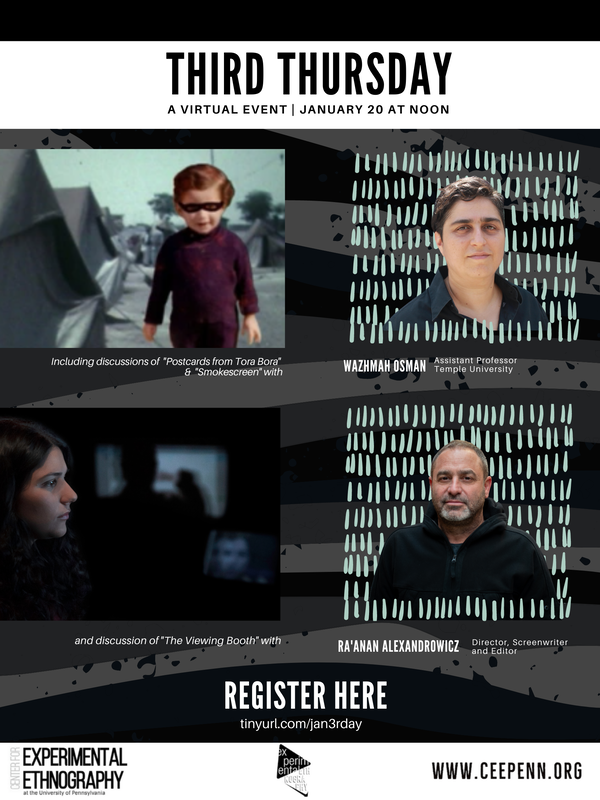
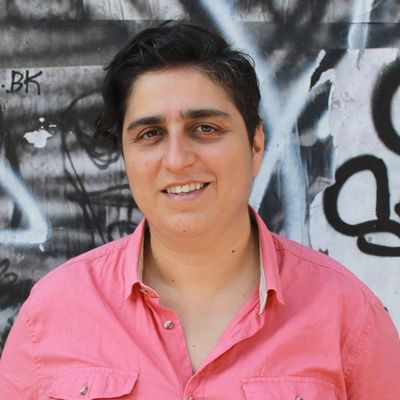
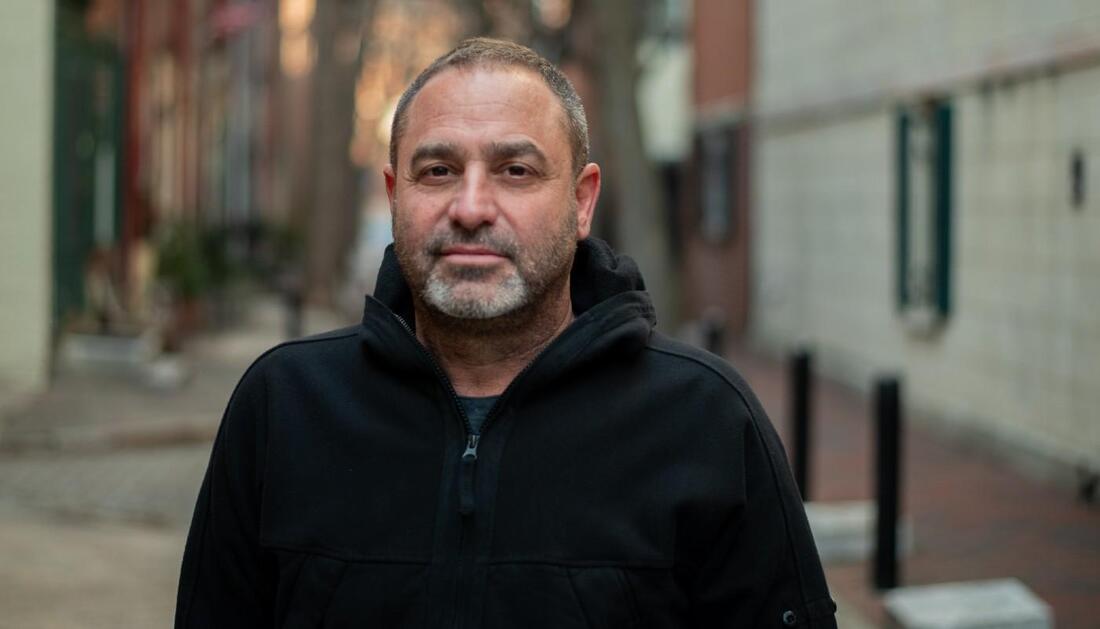
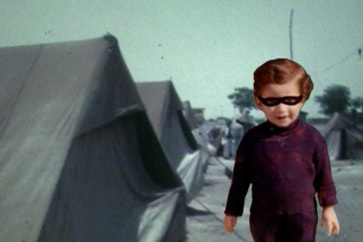
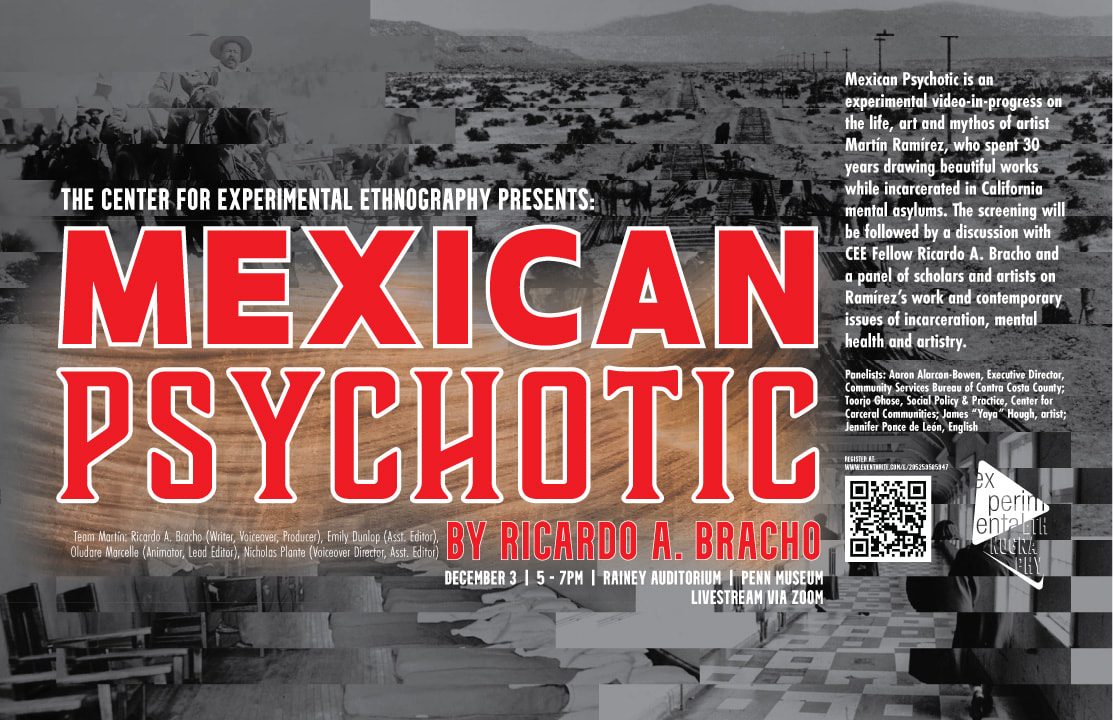
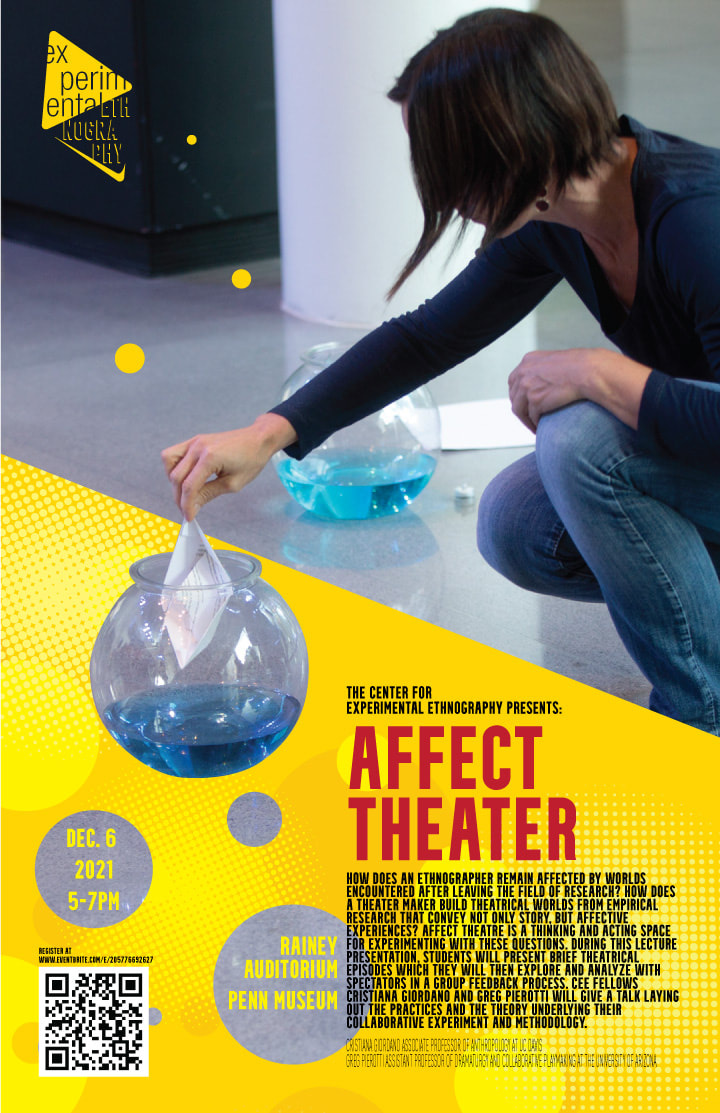
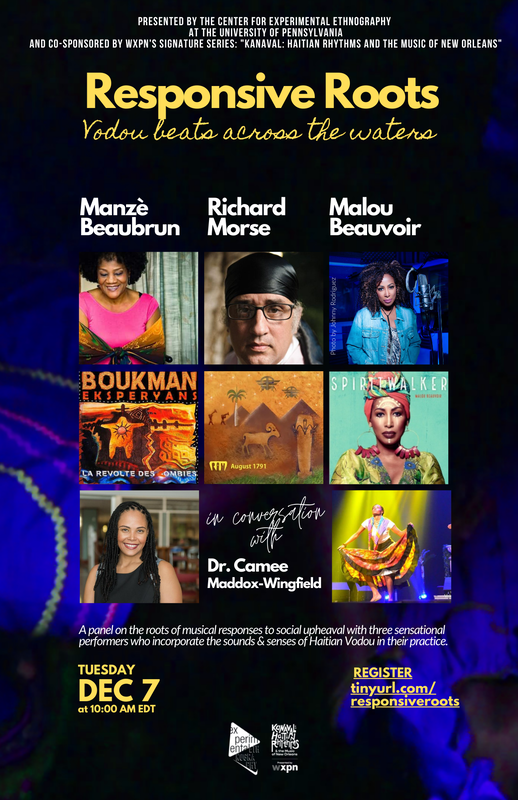
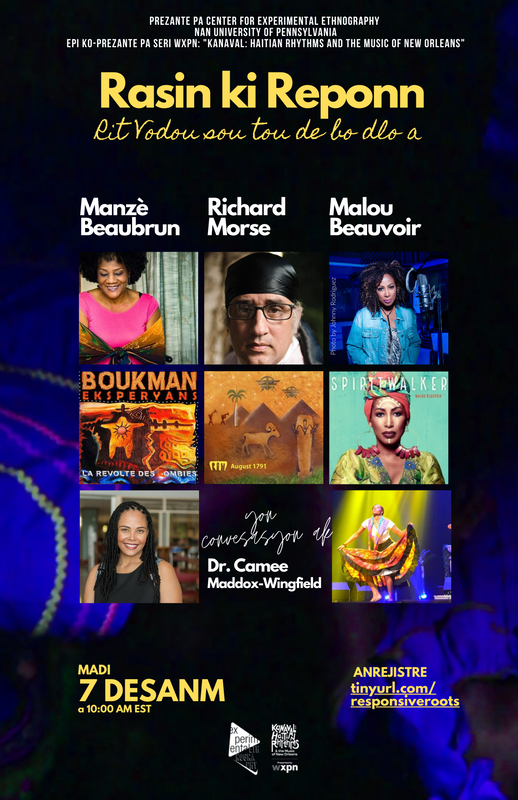
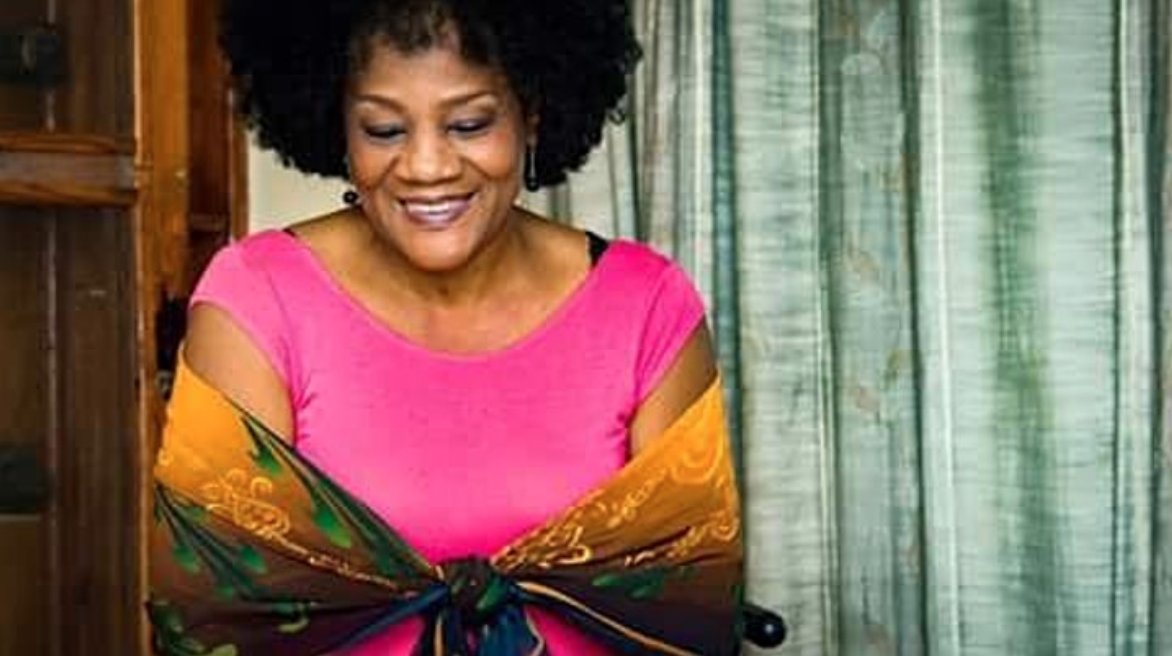

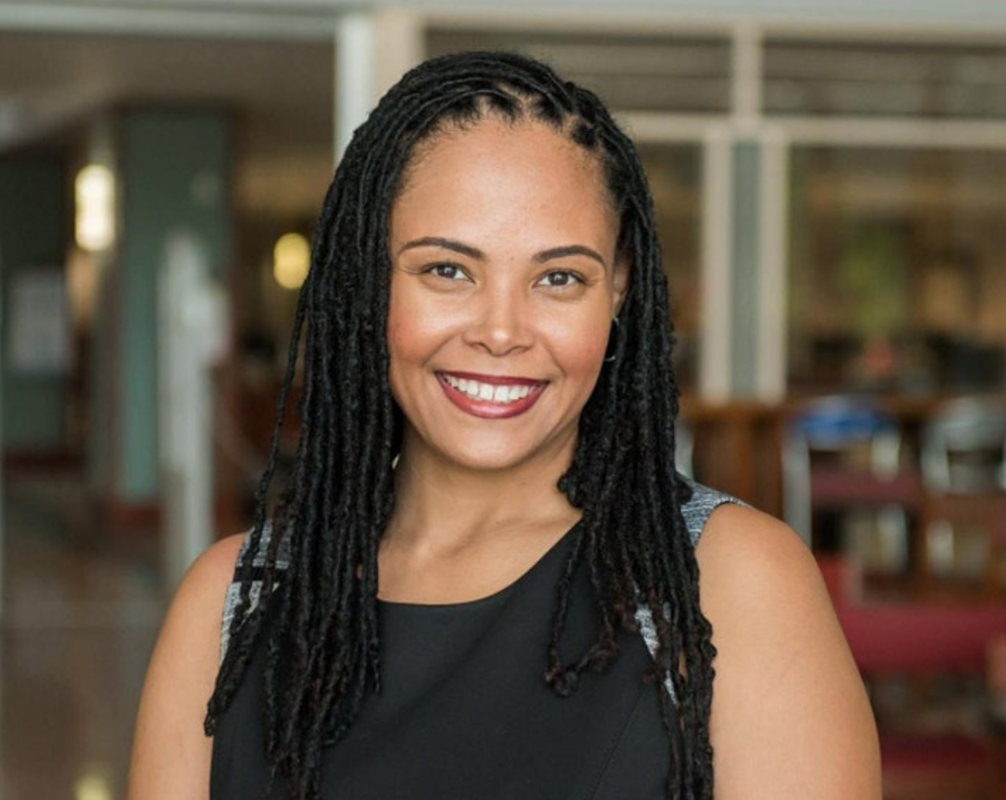


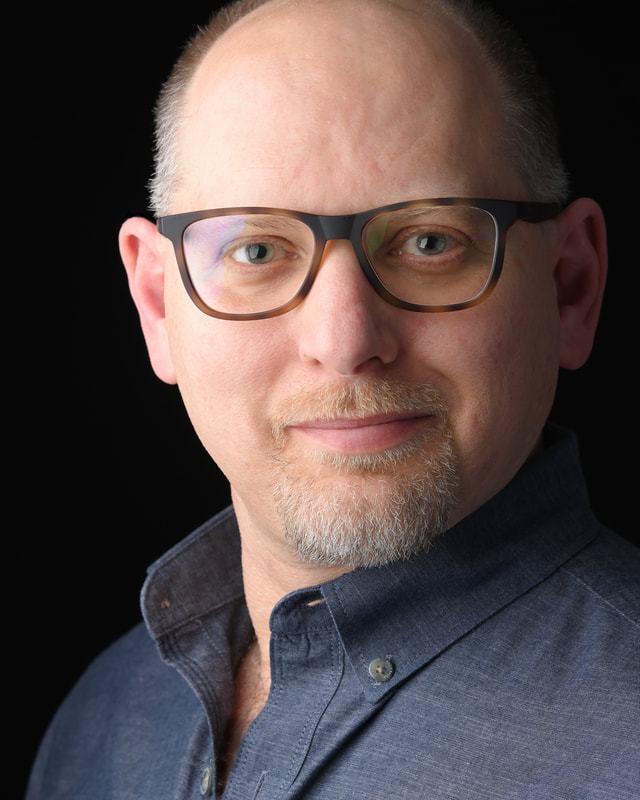
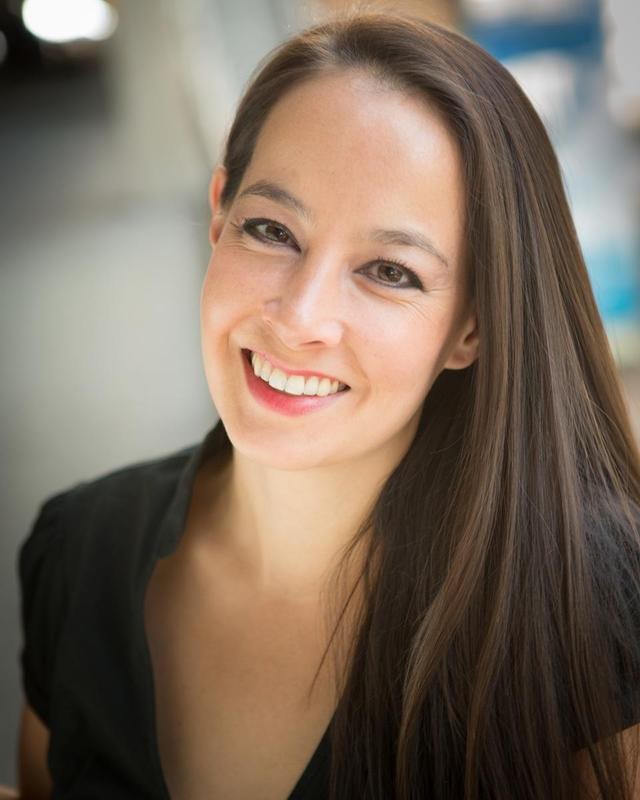
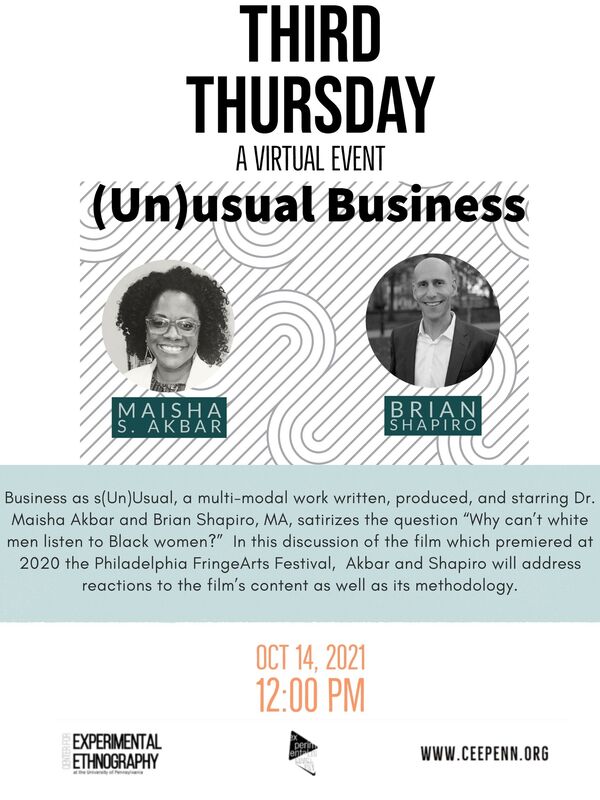
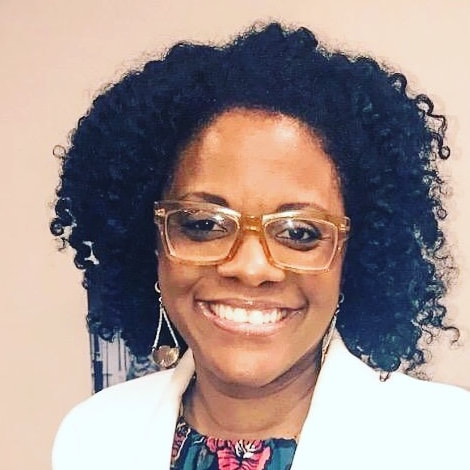
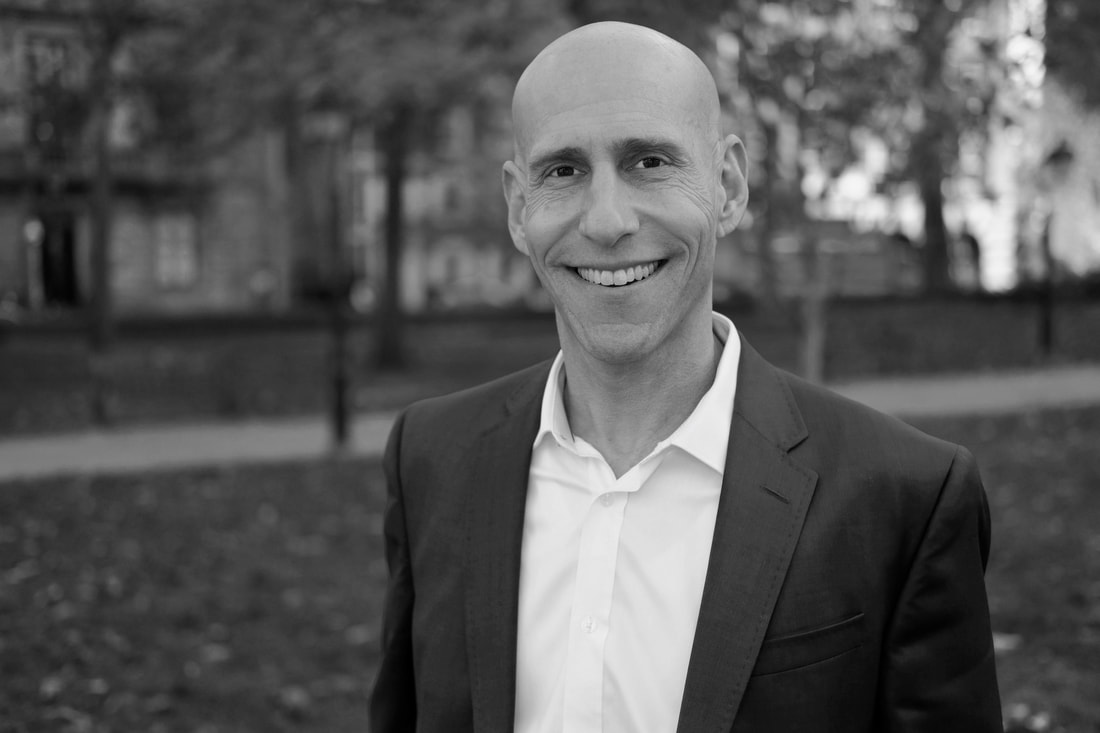
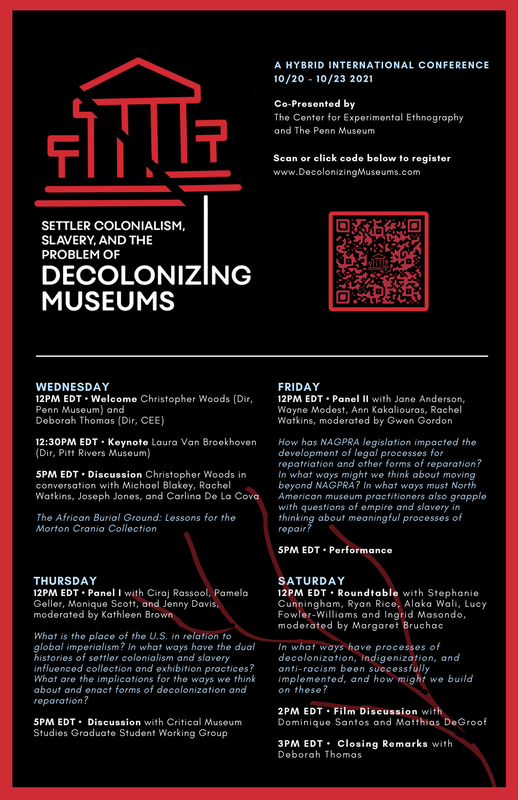
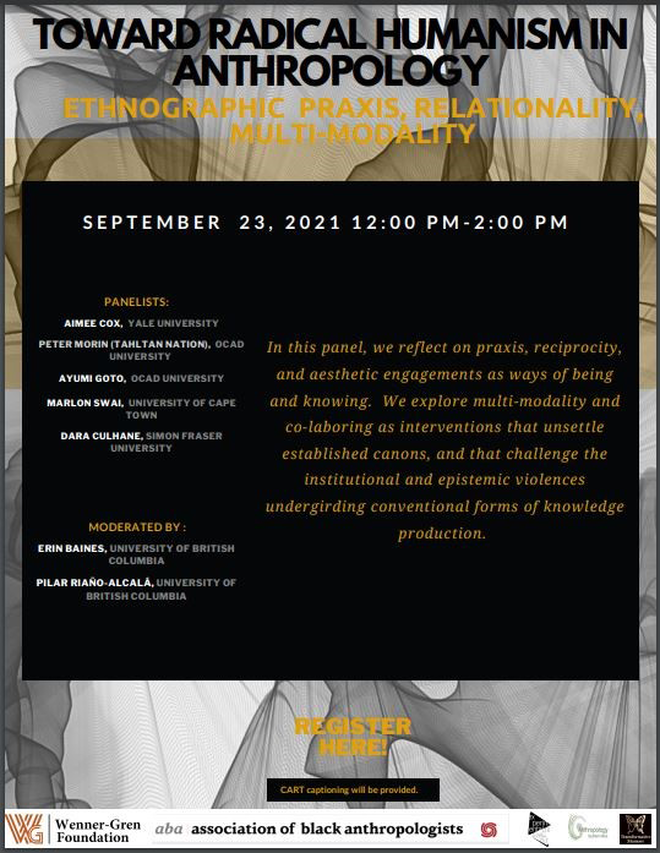
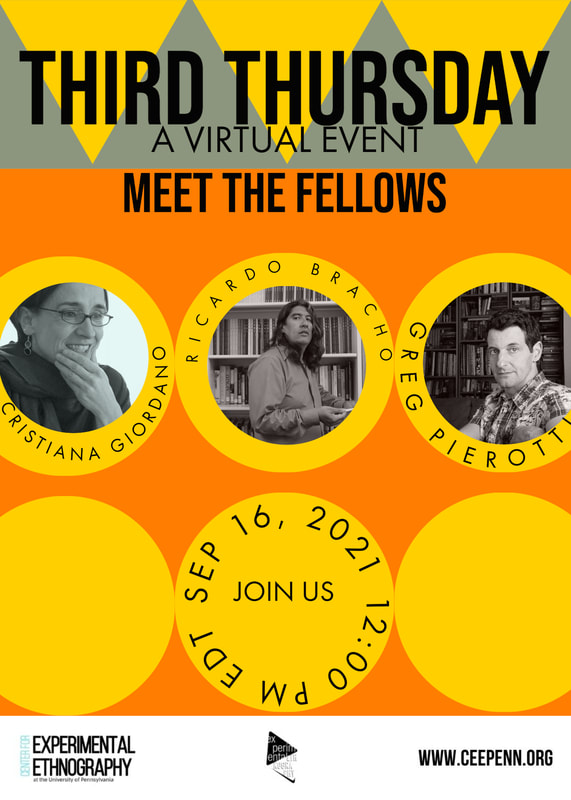

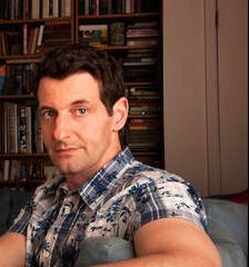
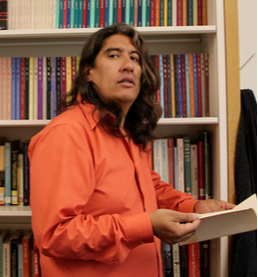
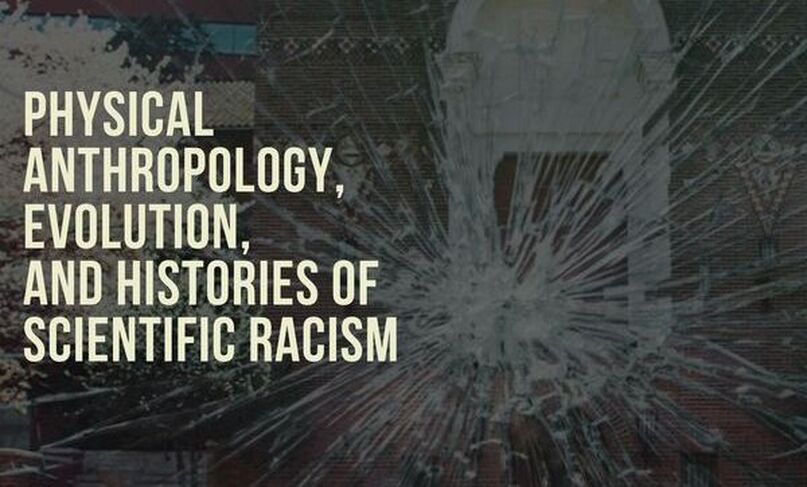
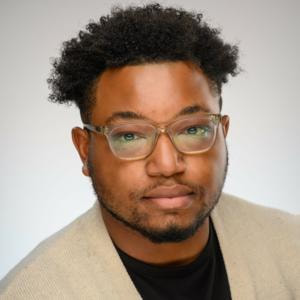
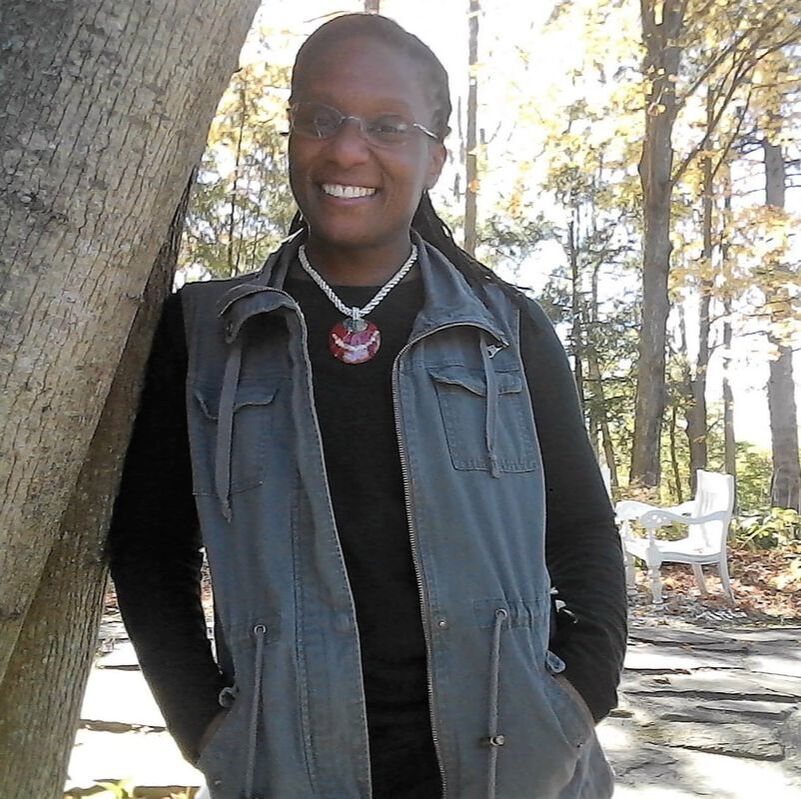
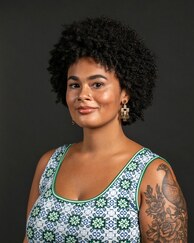
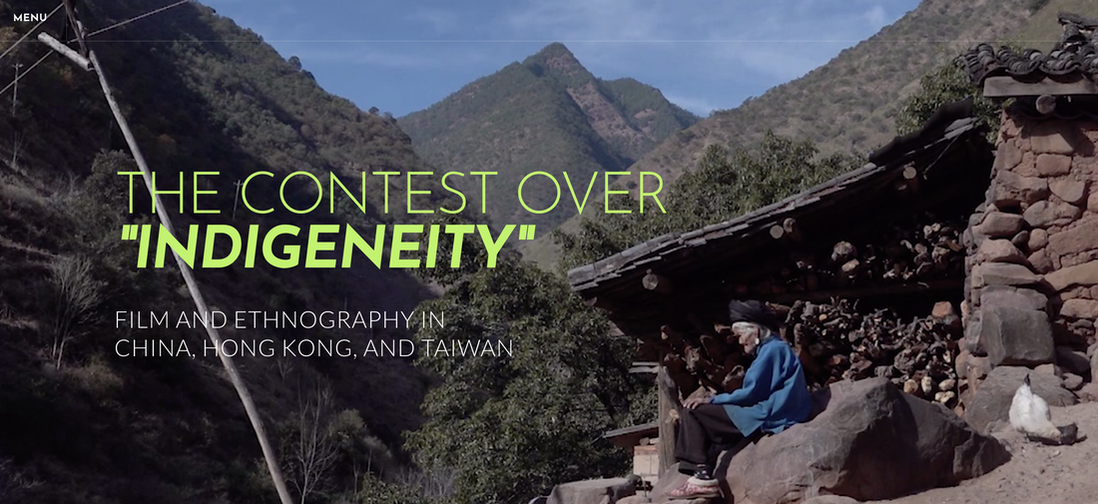
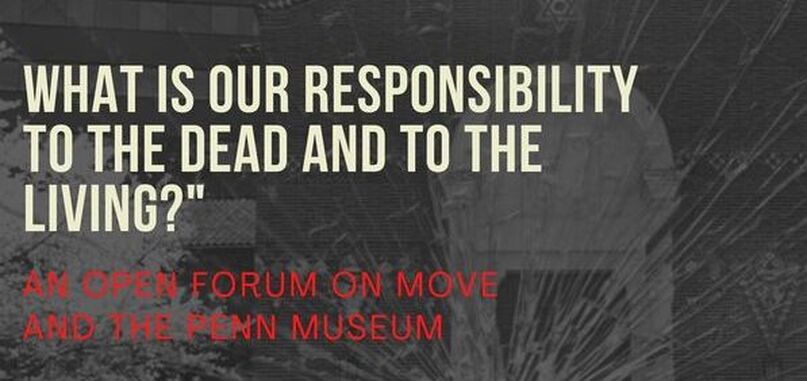

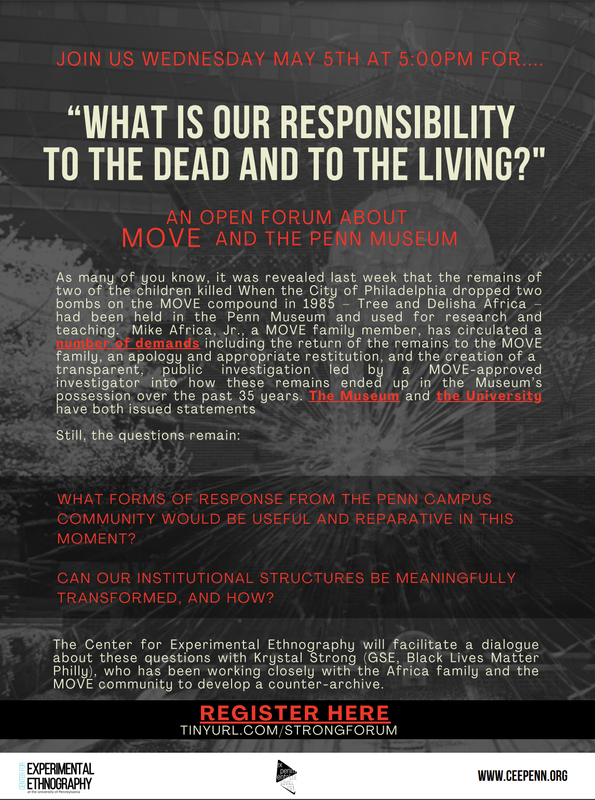
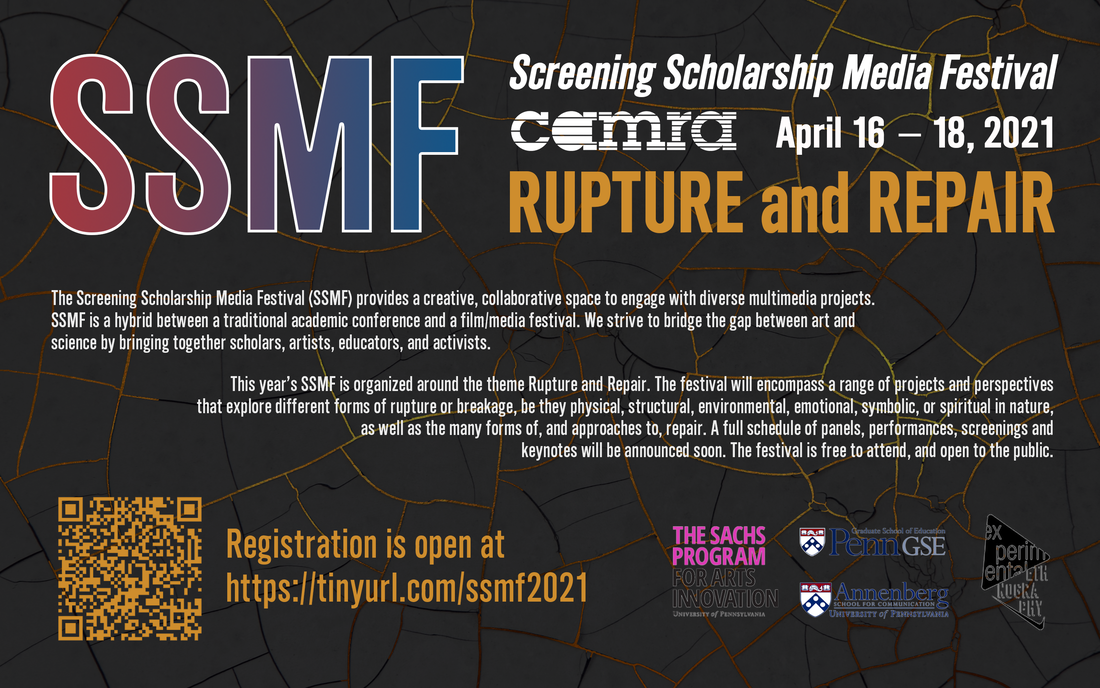
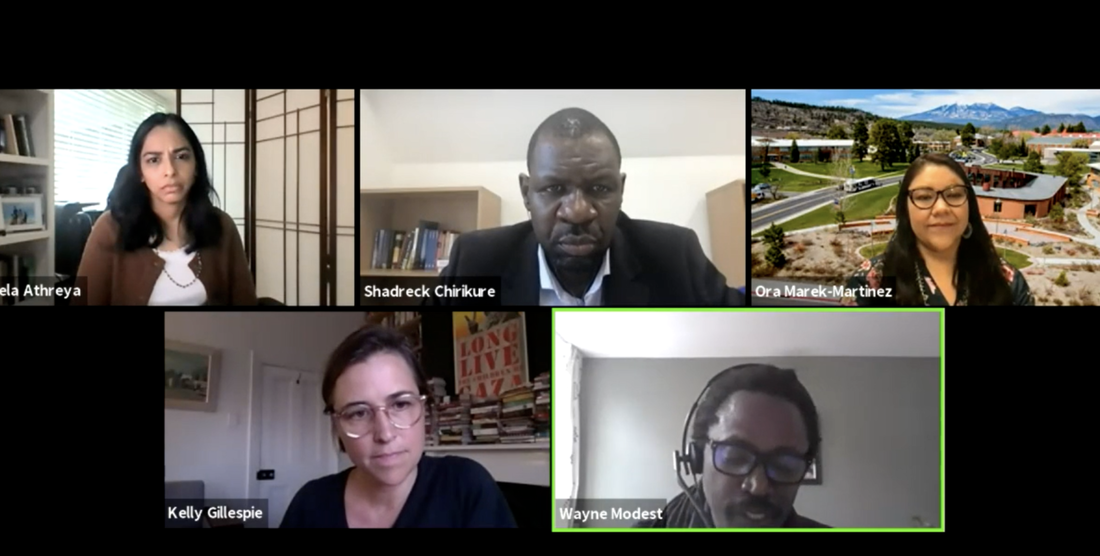
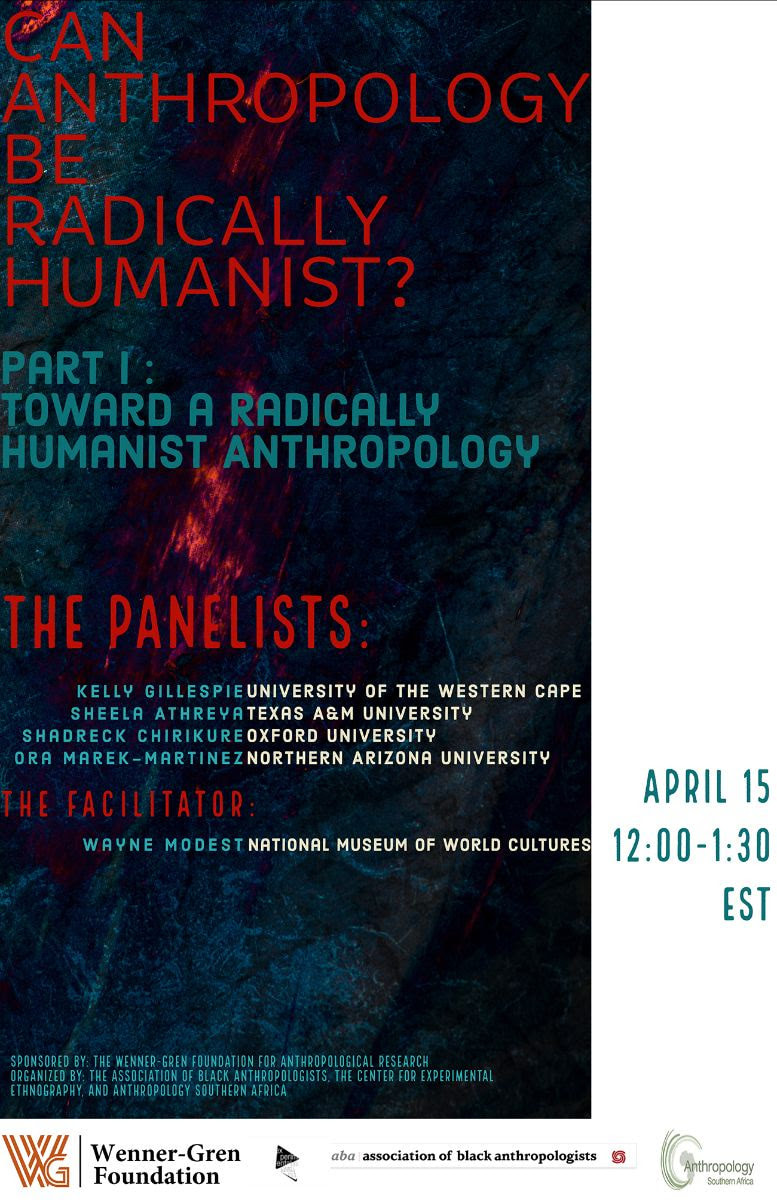
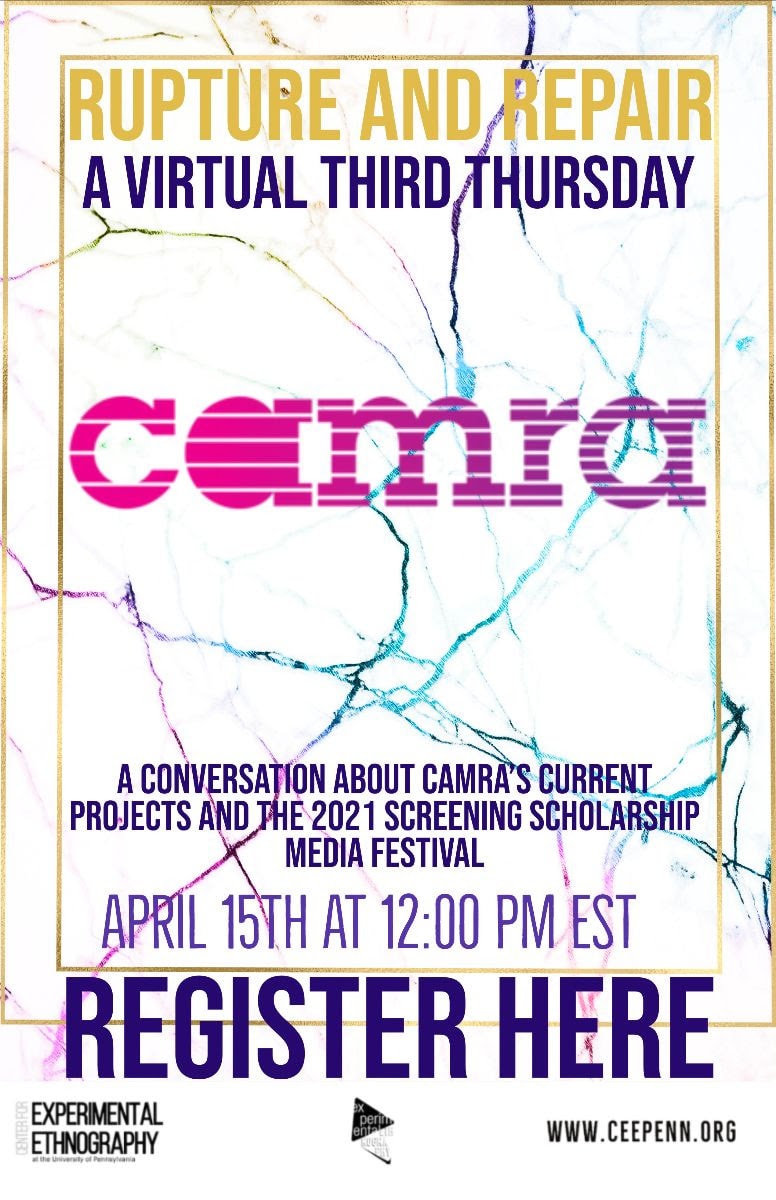
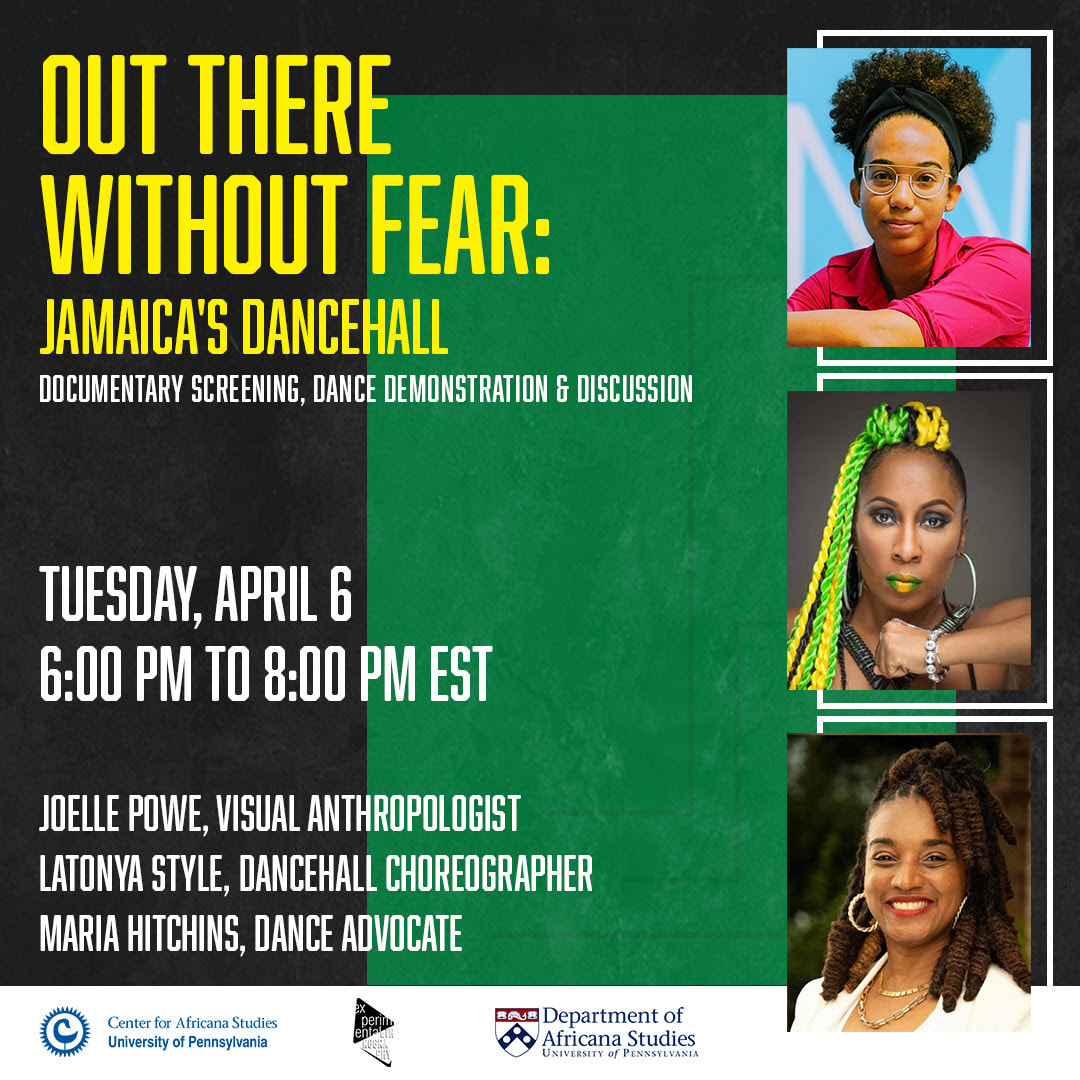
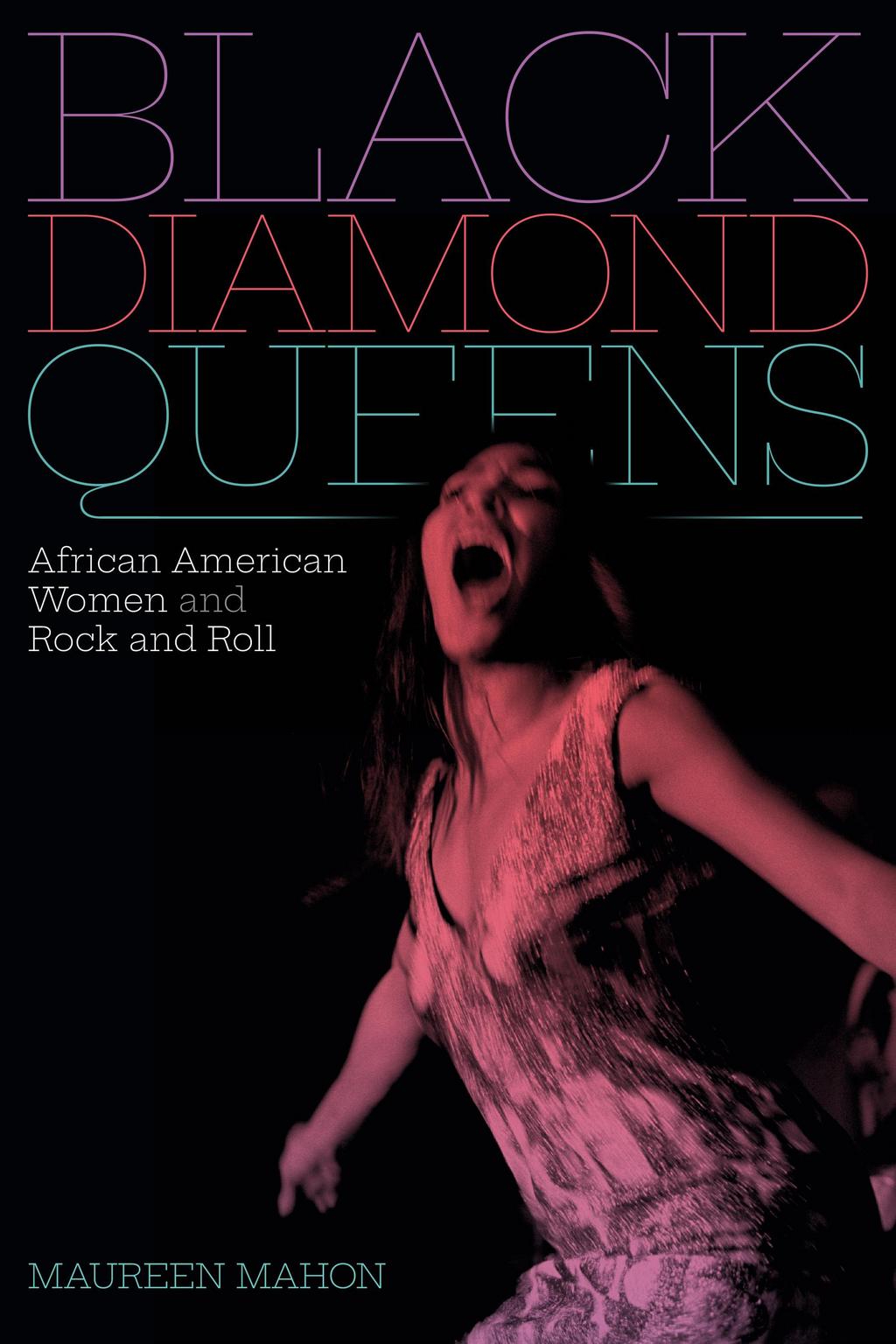
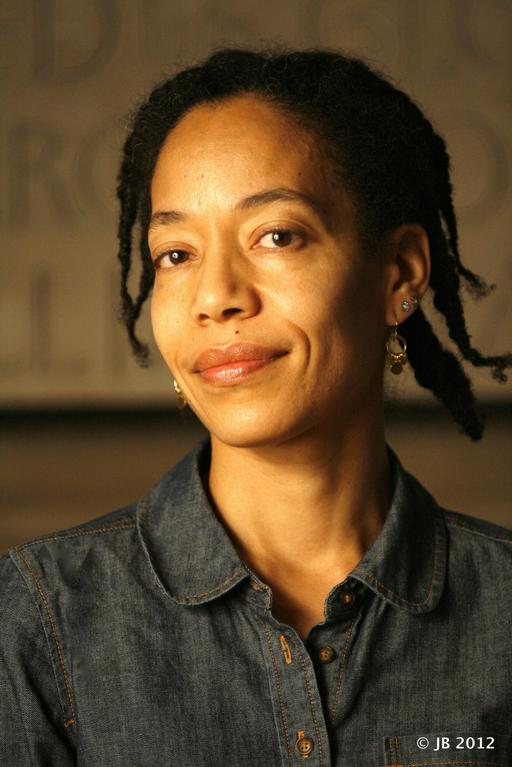
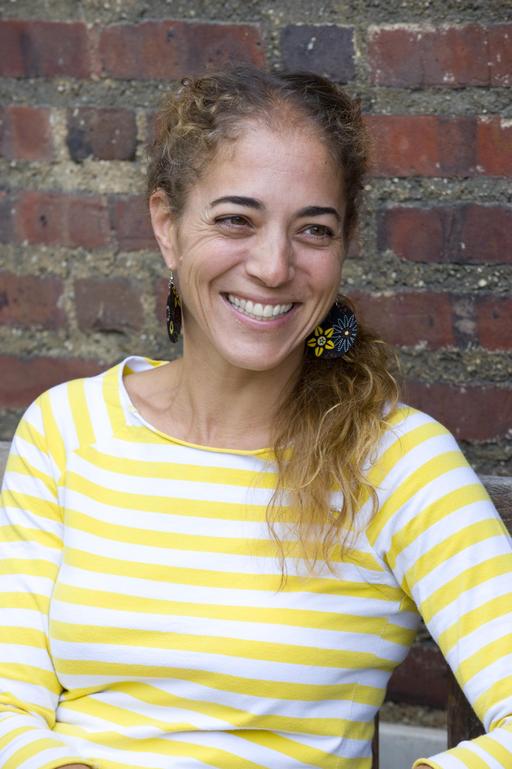
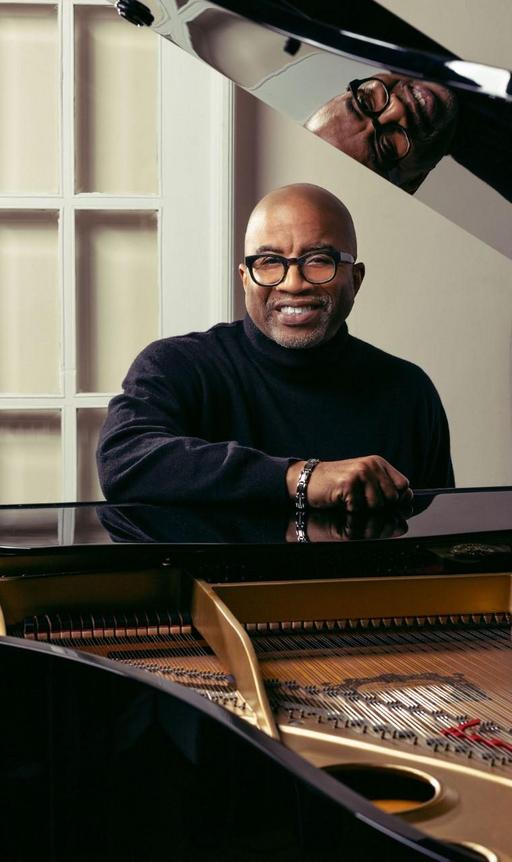
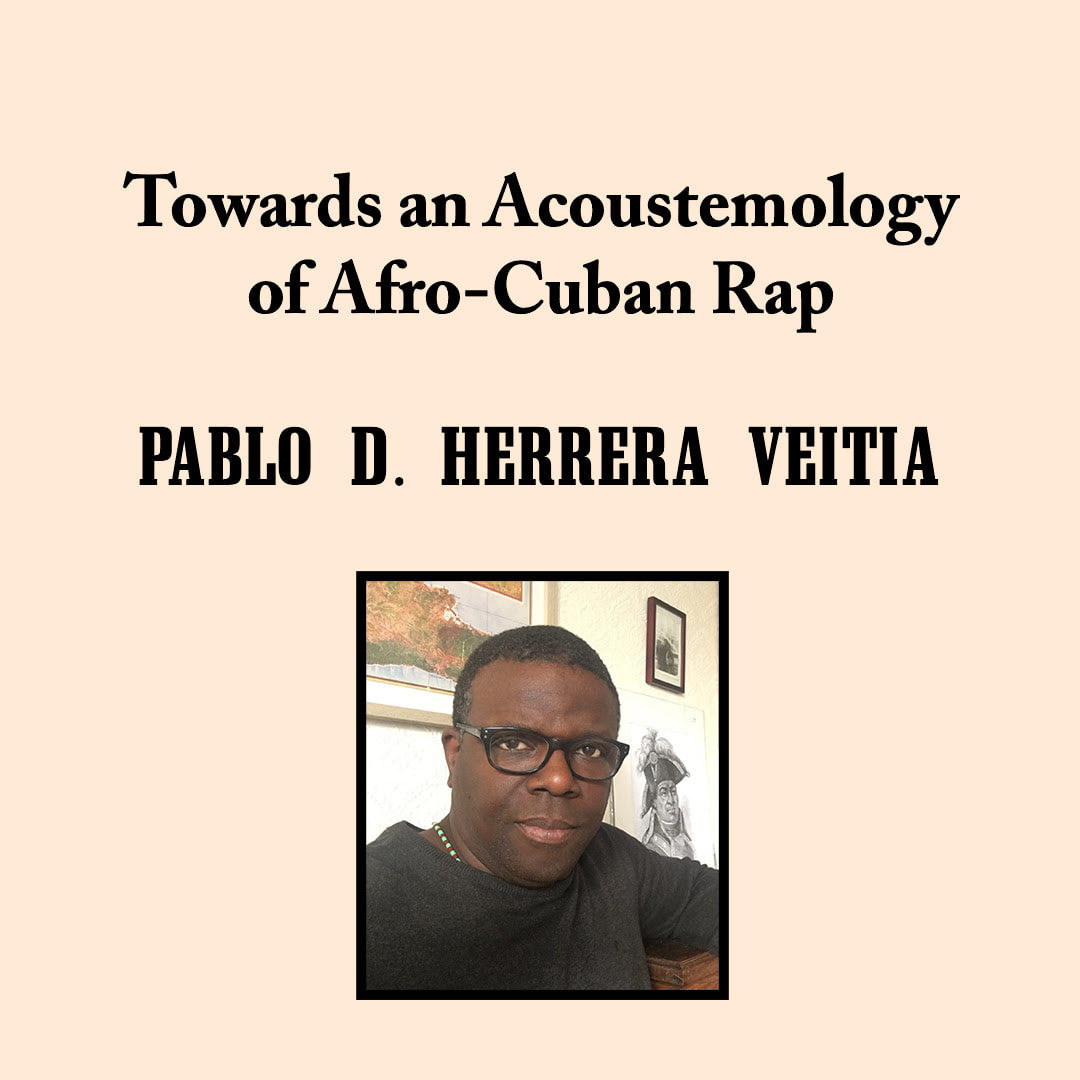
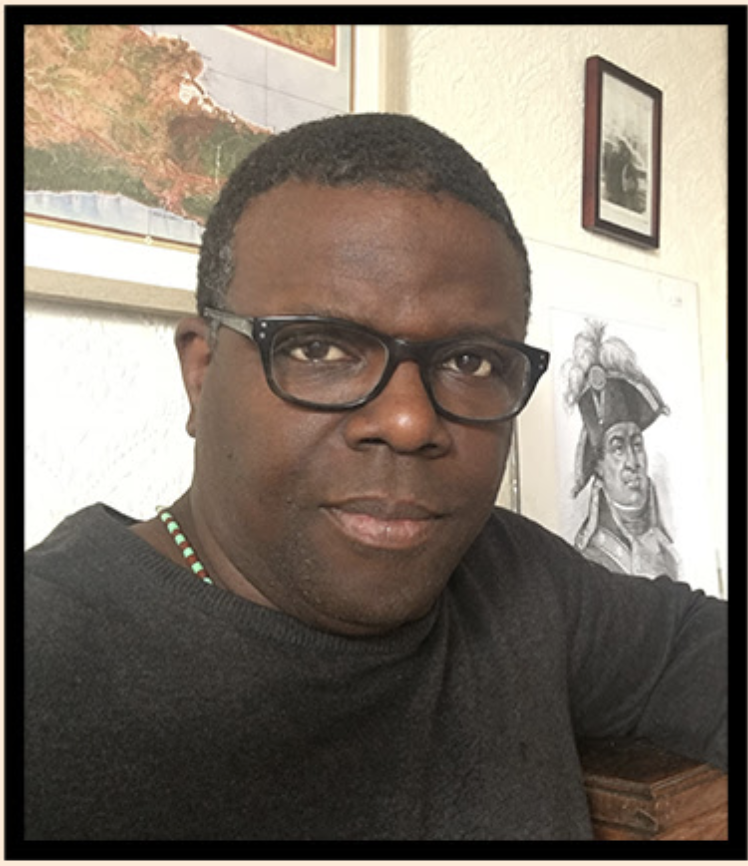
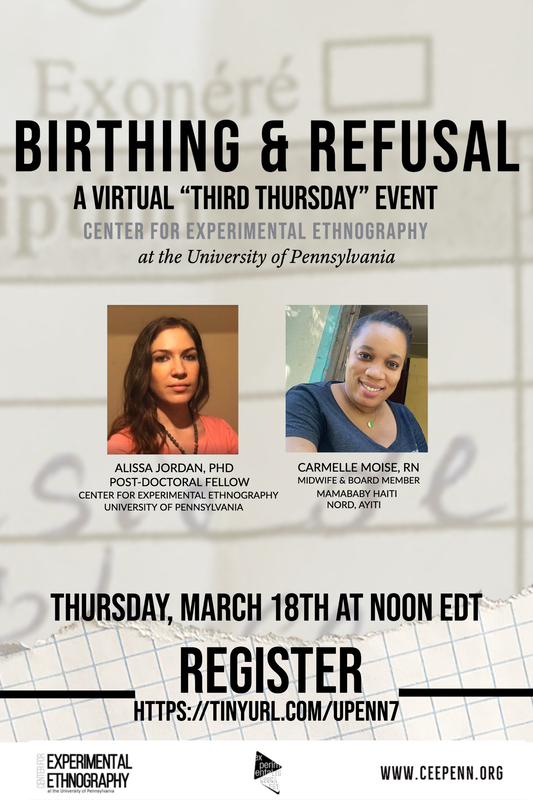
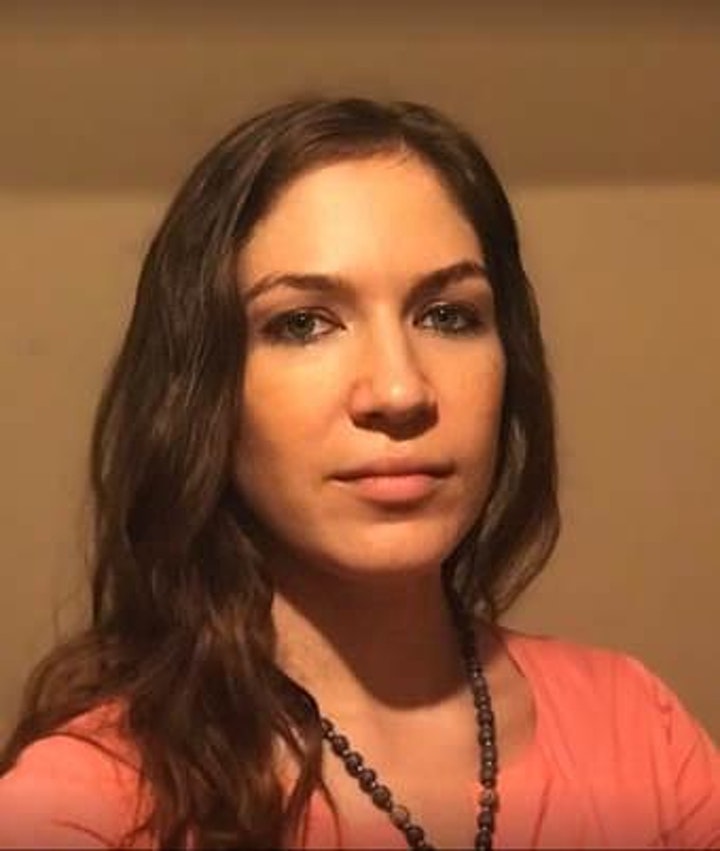
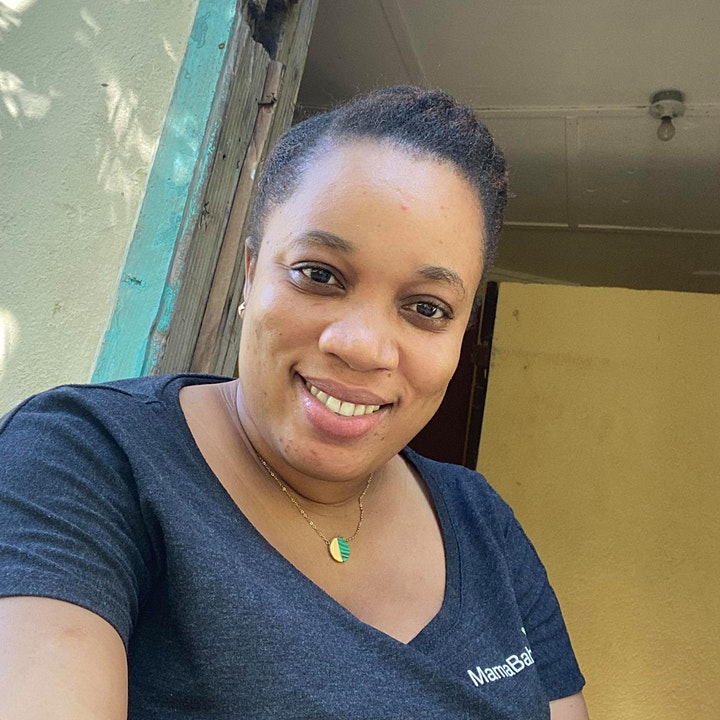
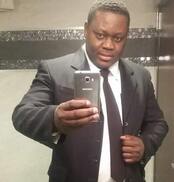
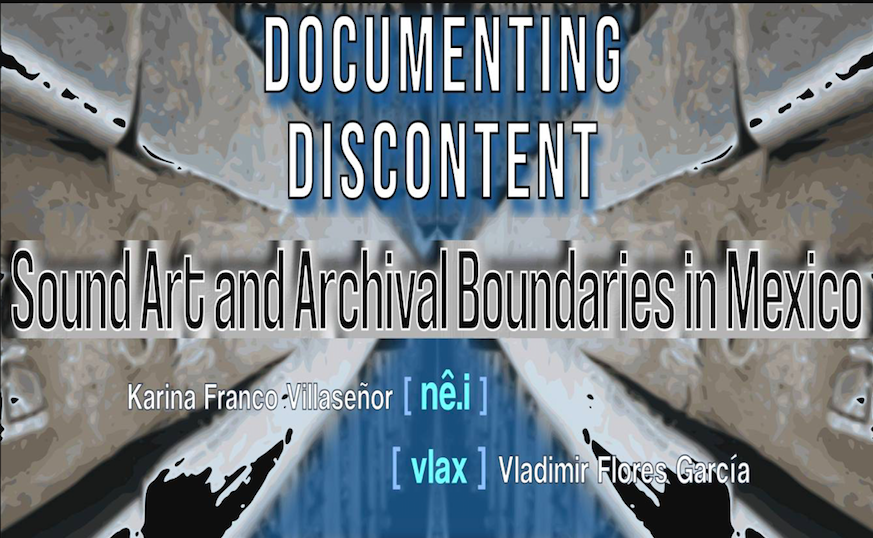
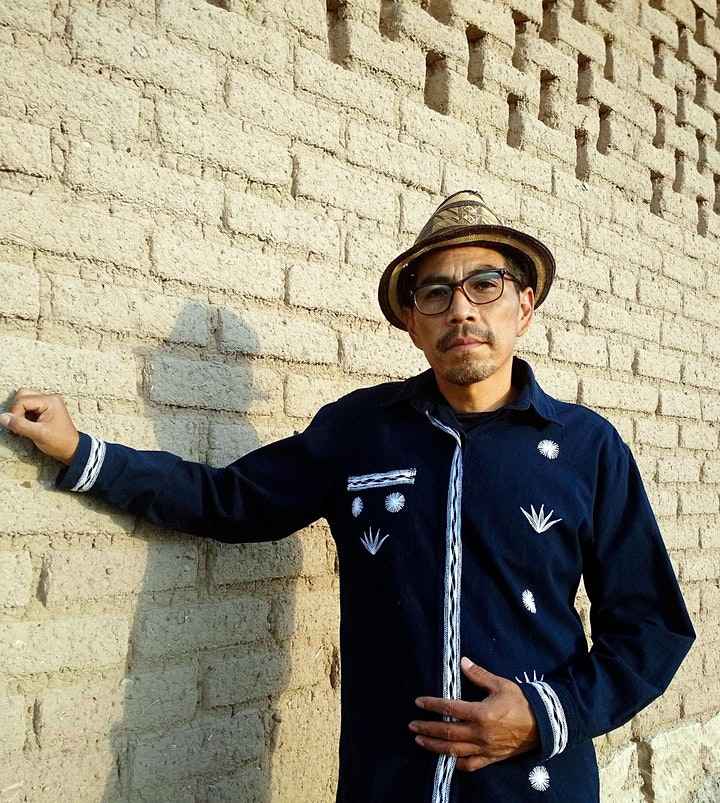
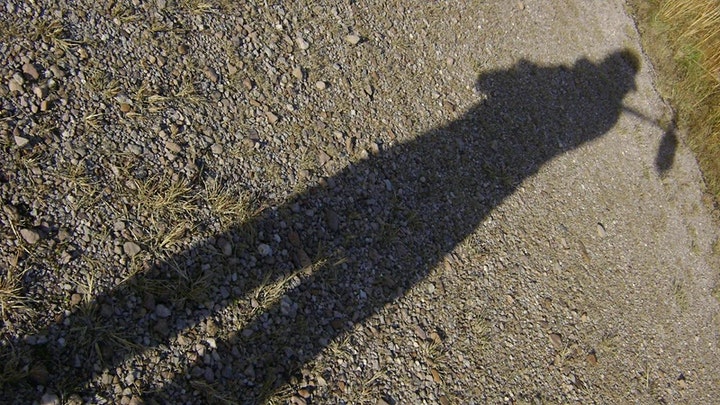
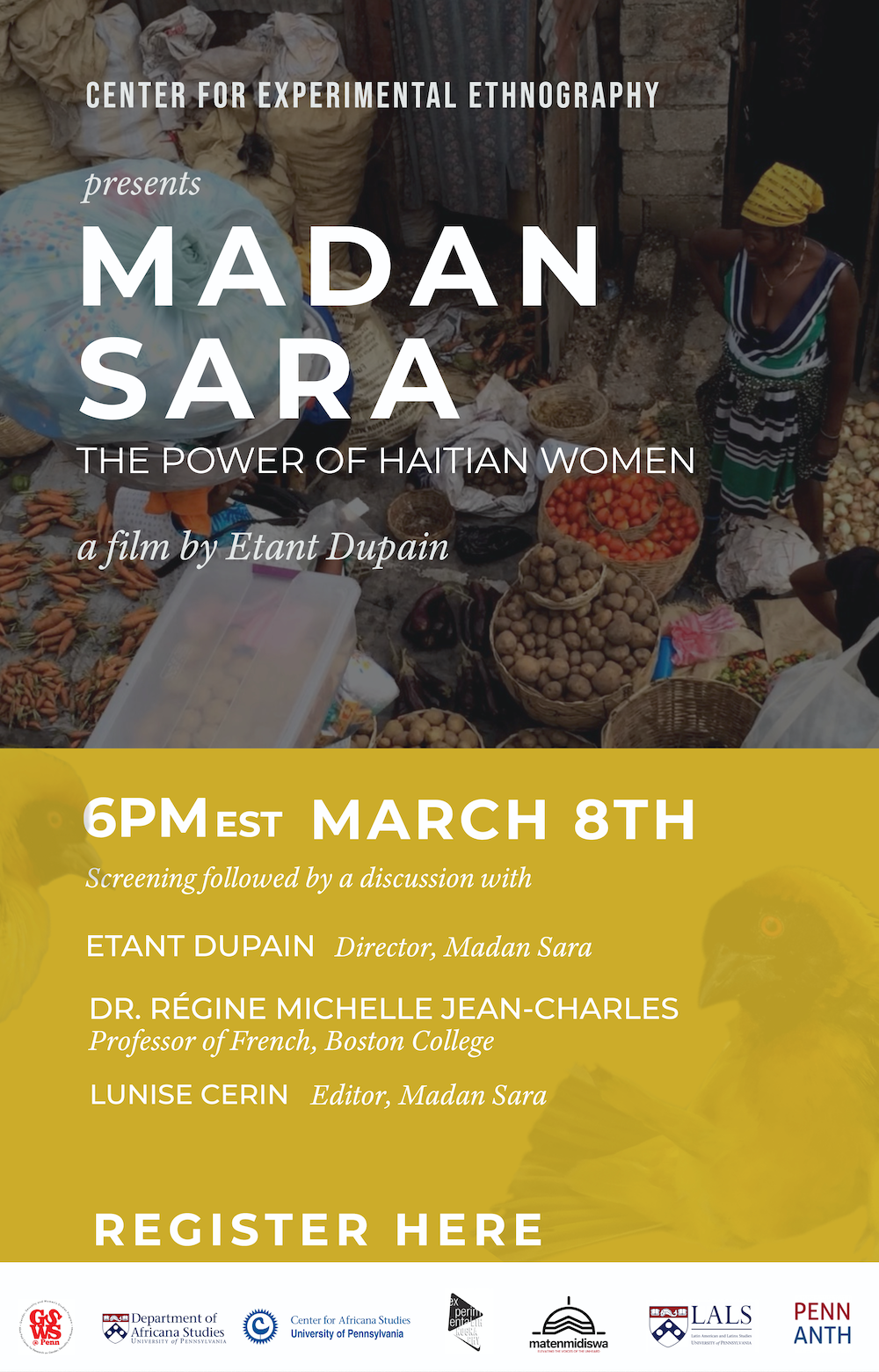
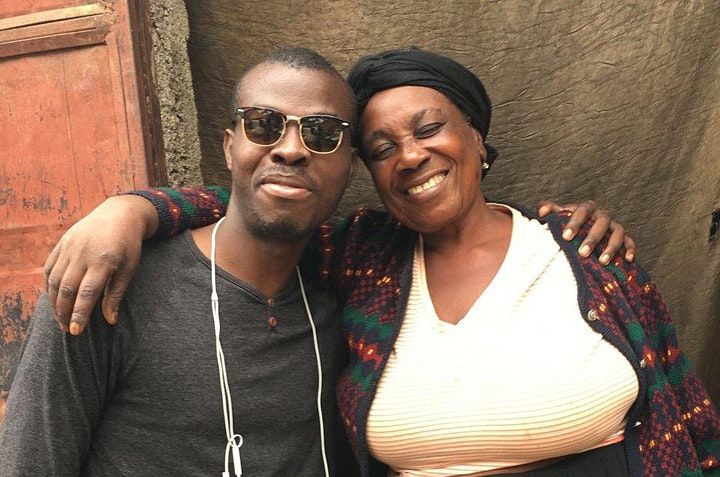
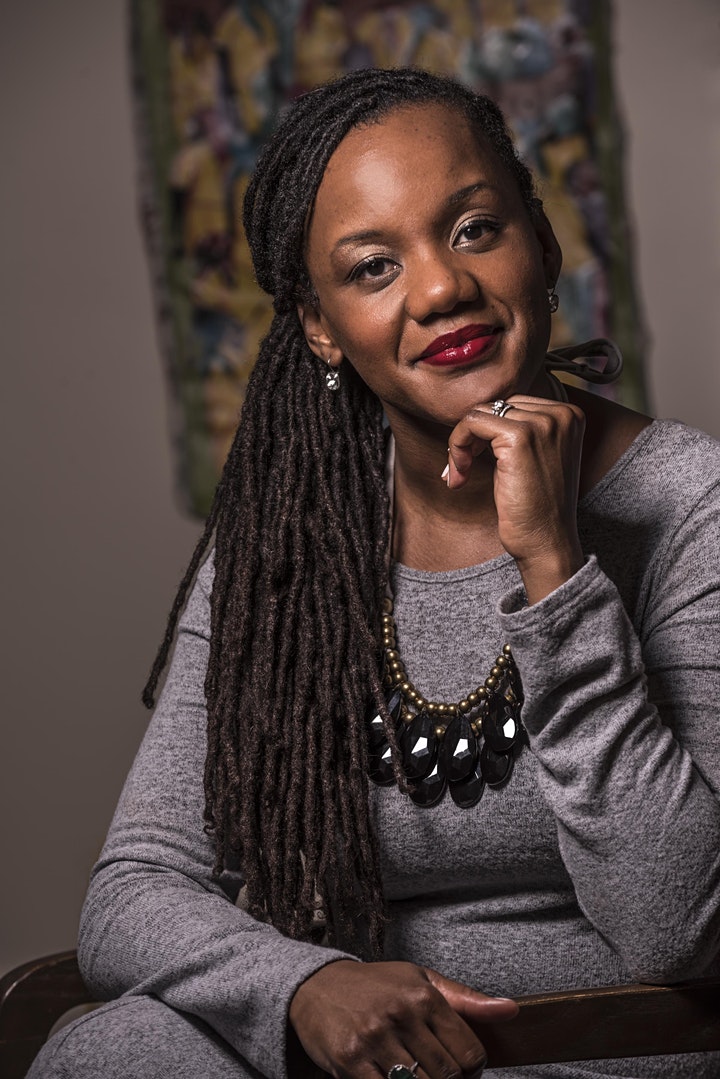
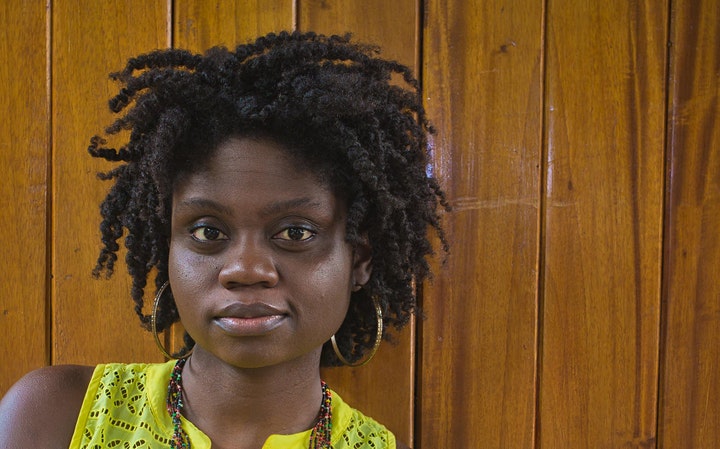
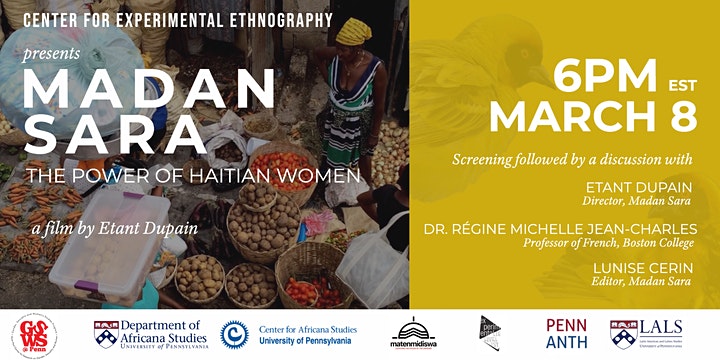
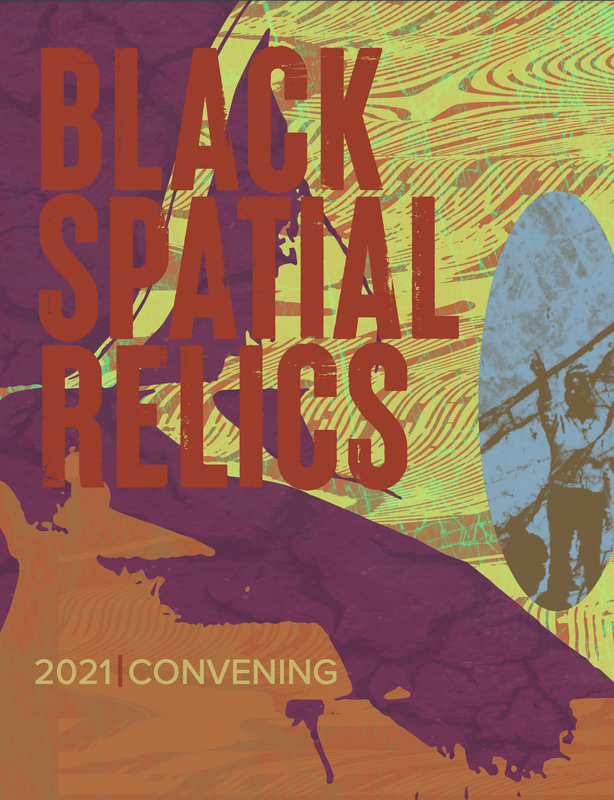
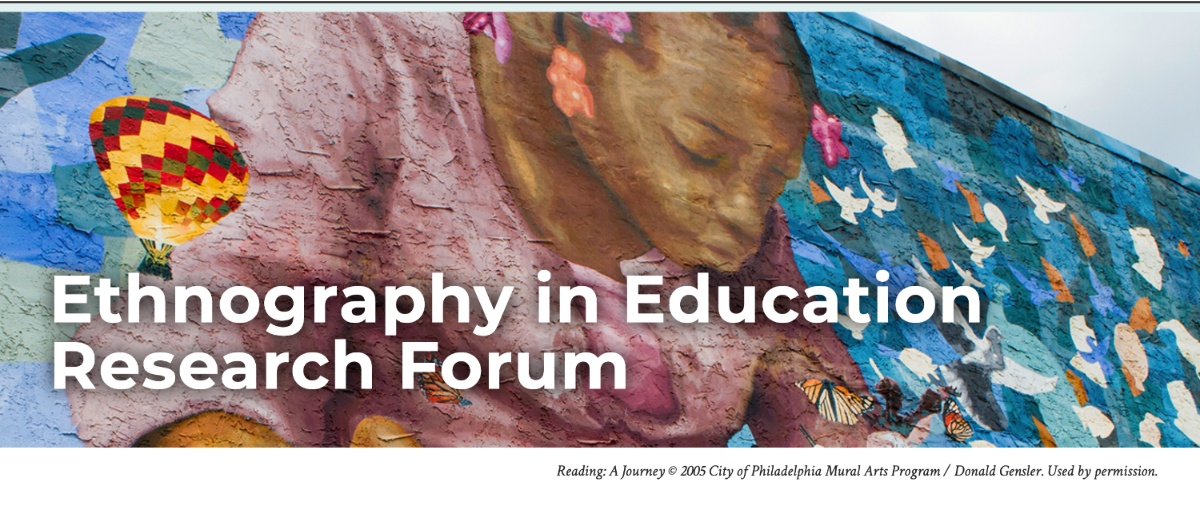
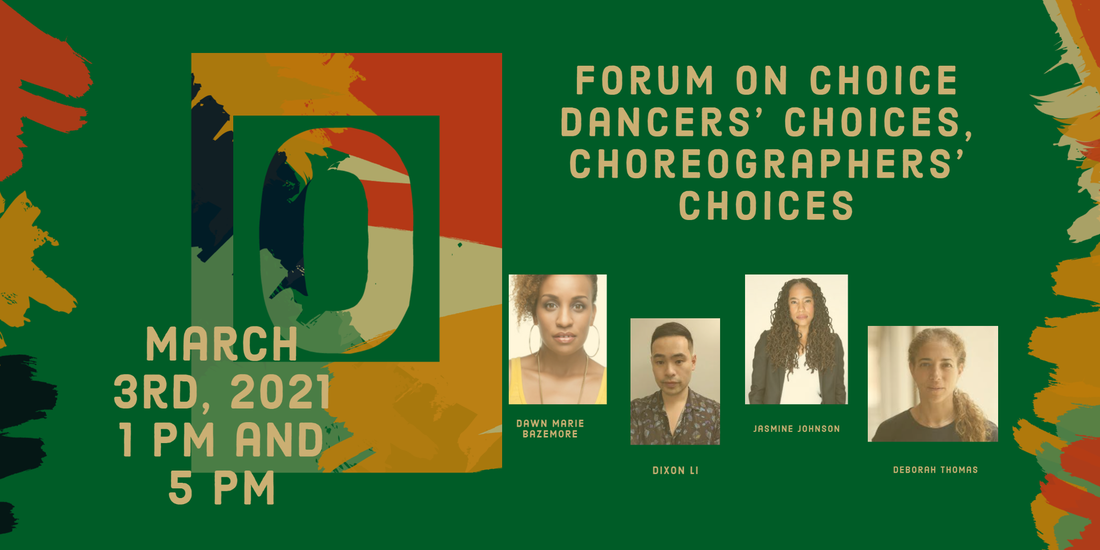
 RSS Feed
RSS Feed